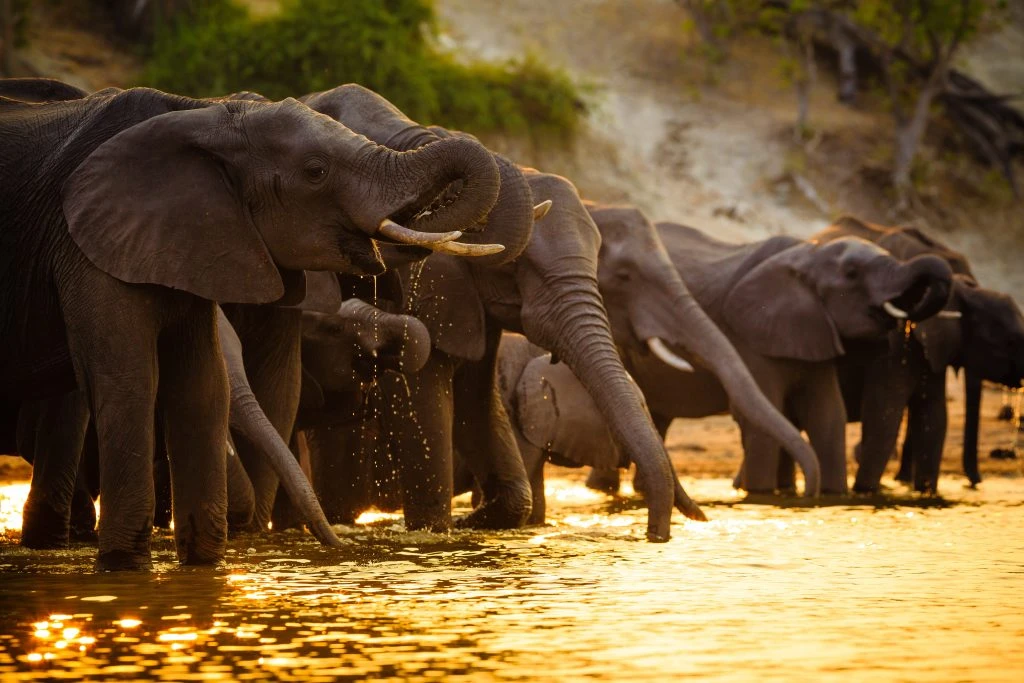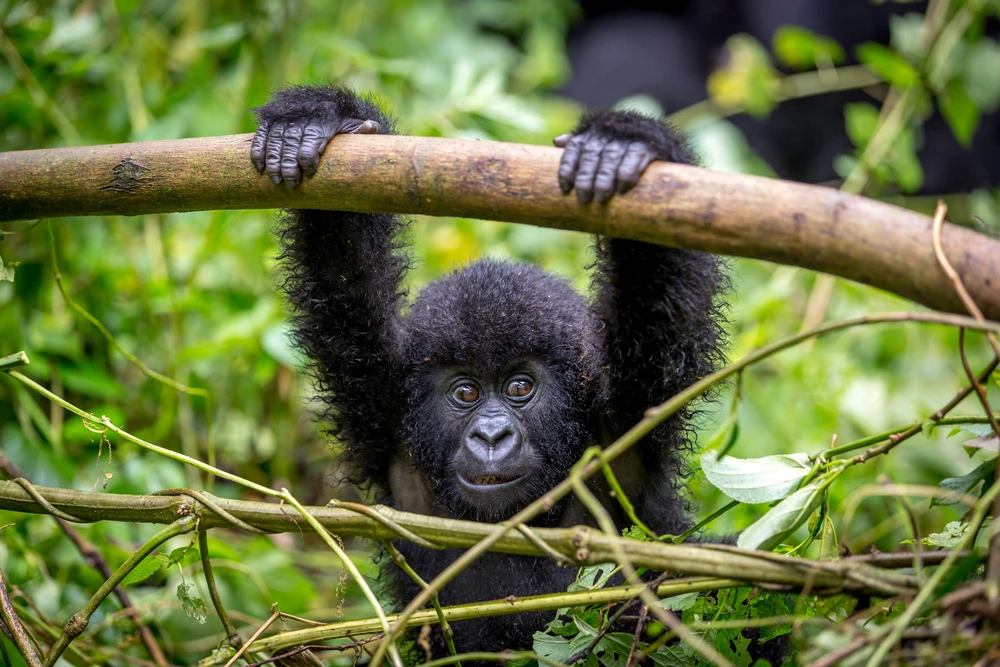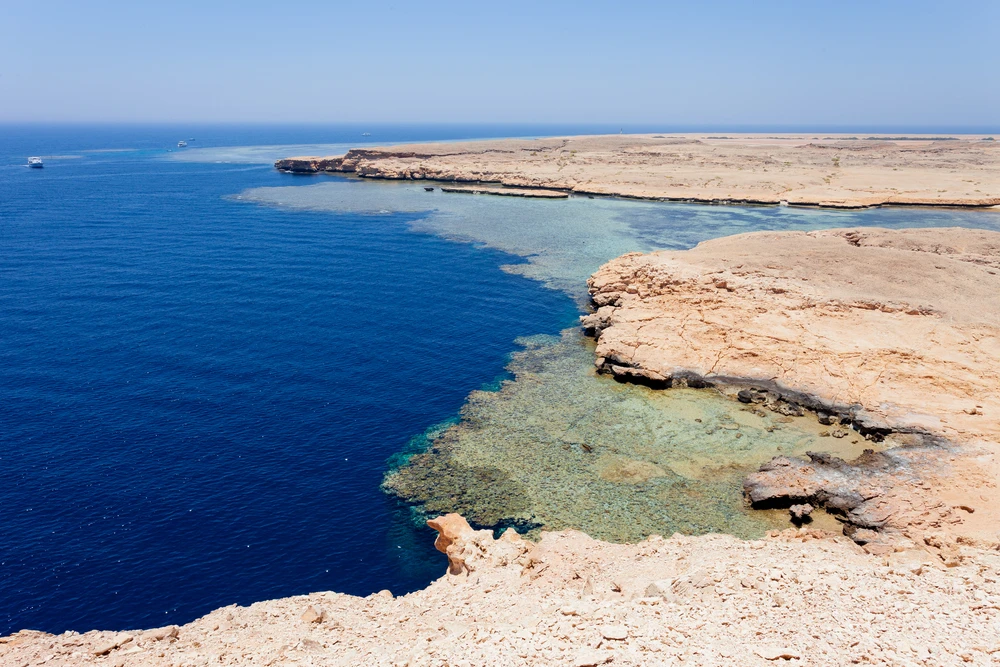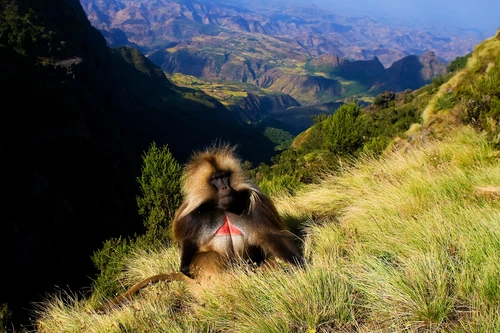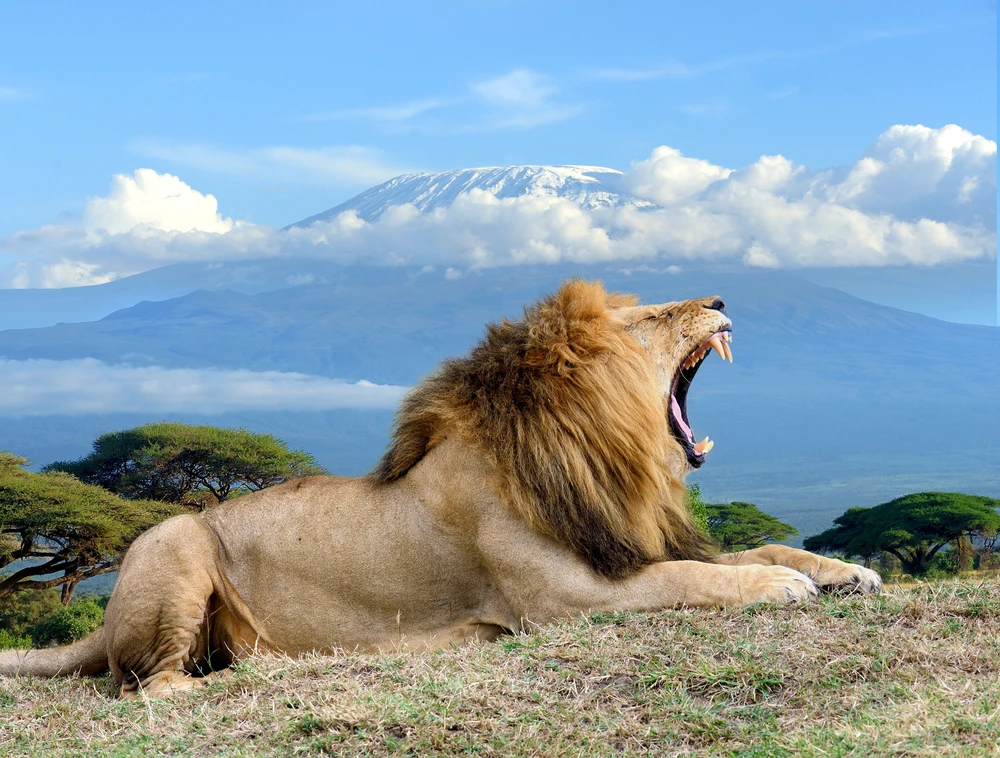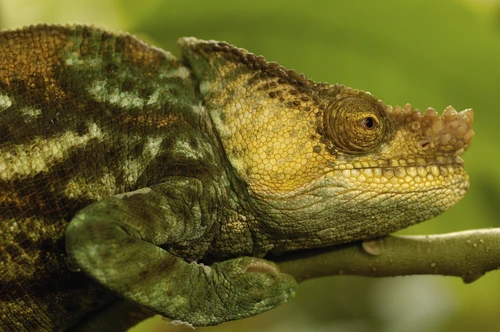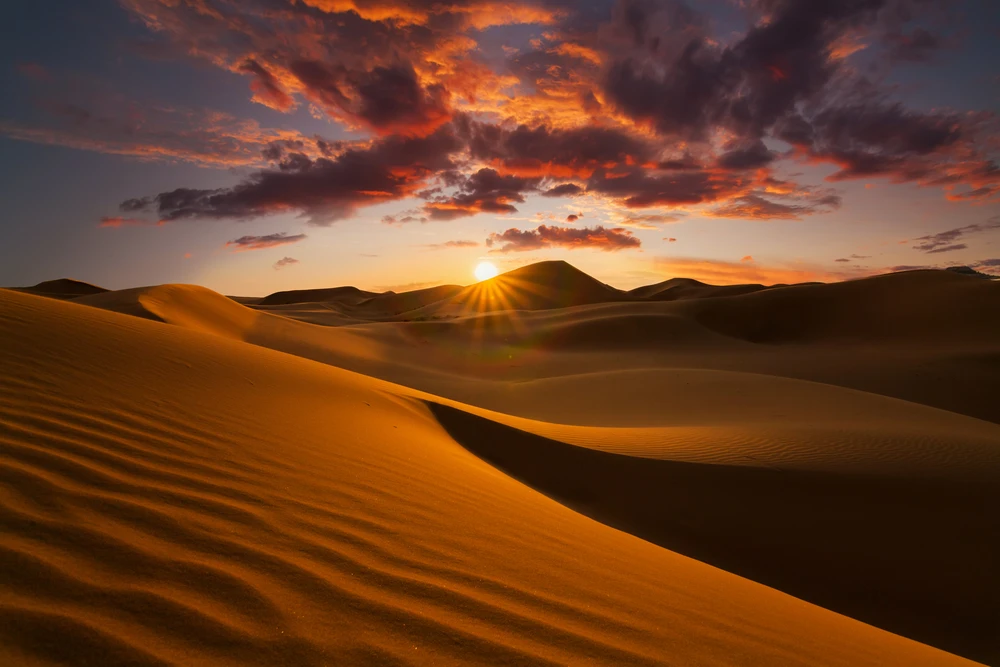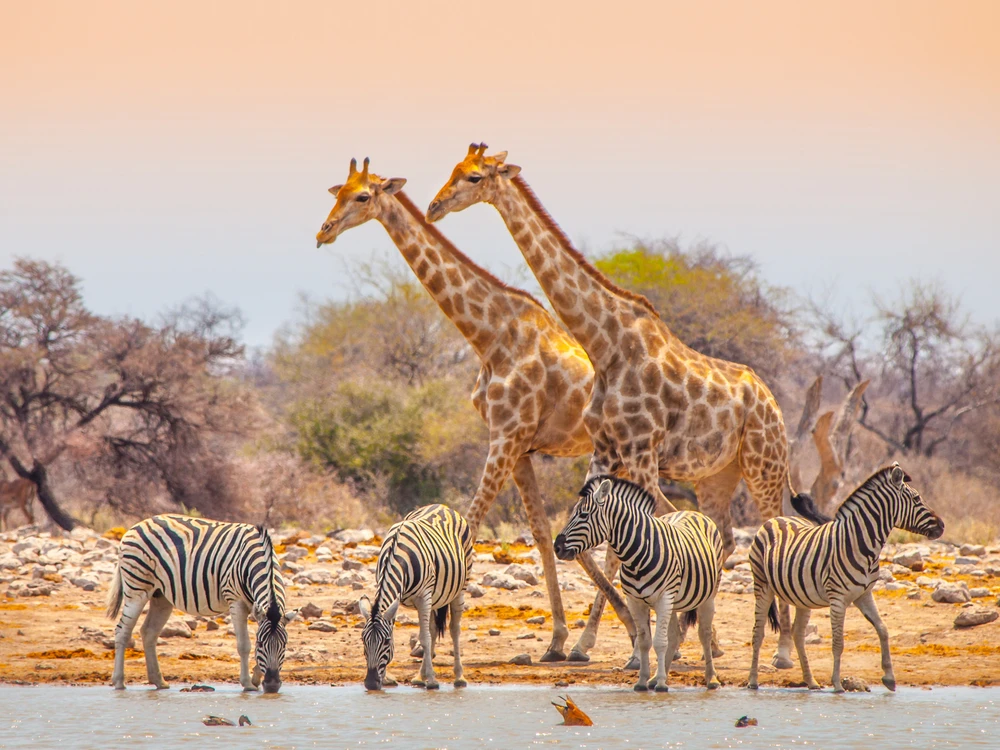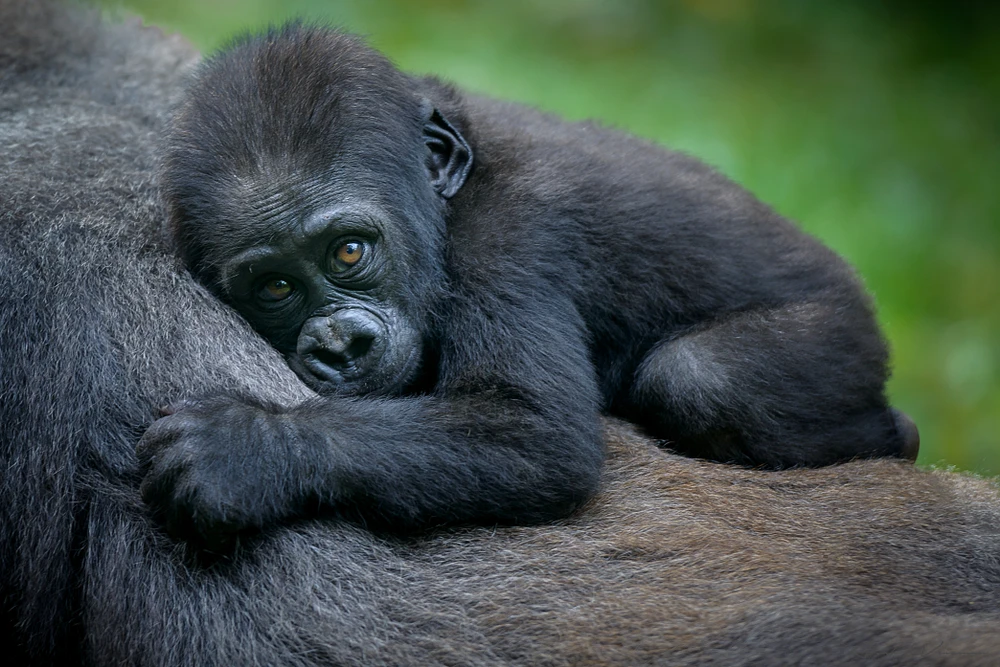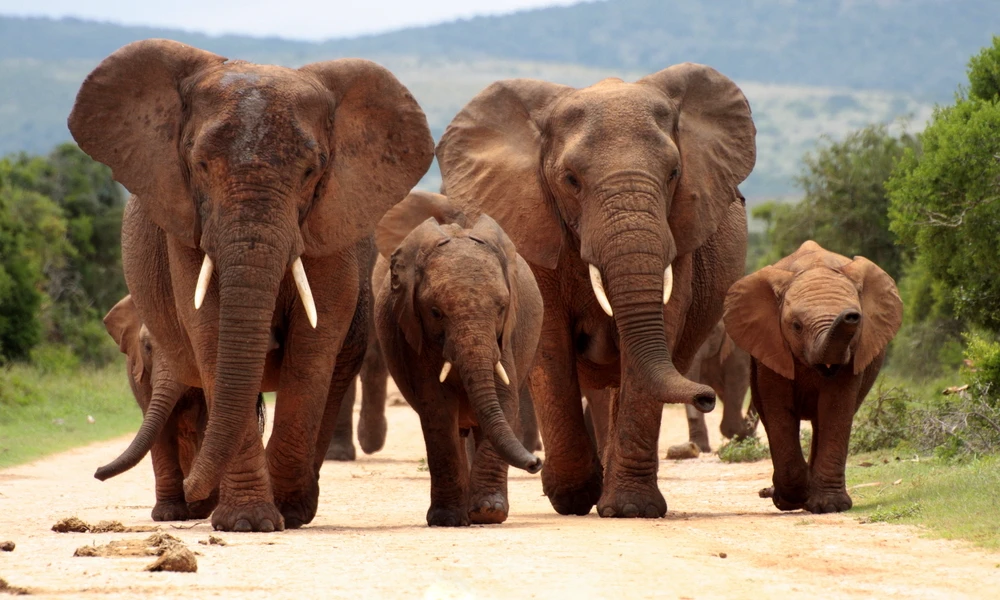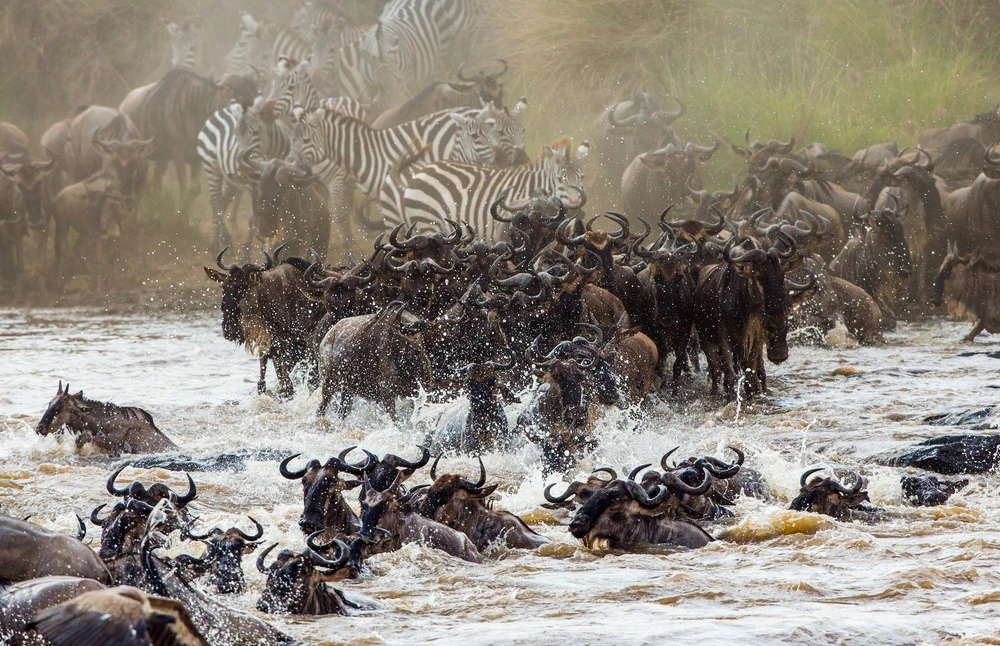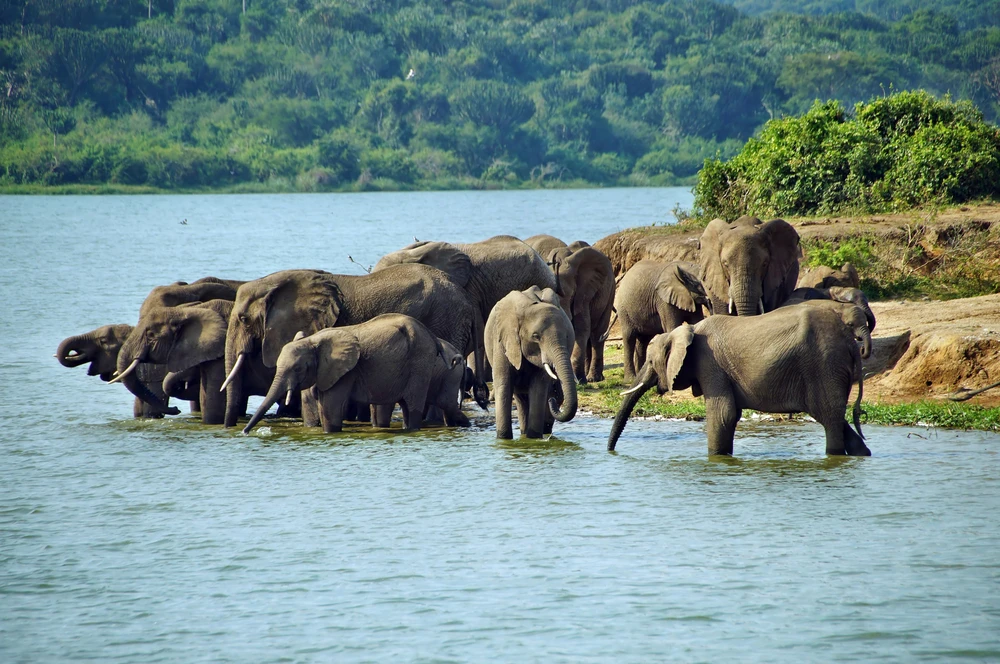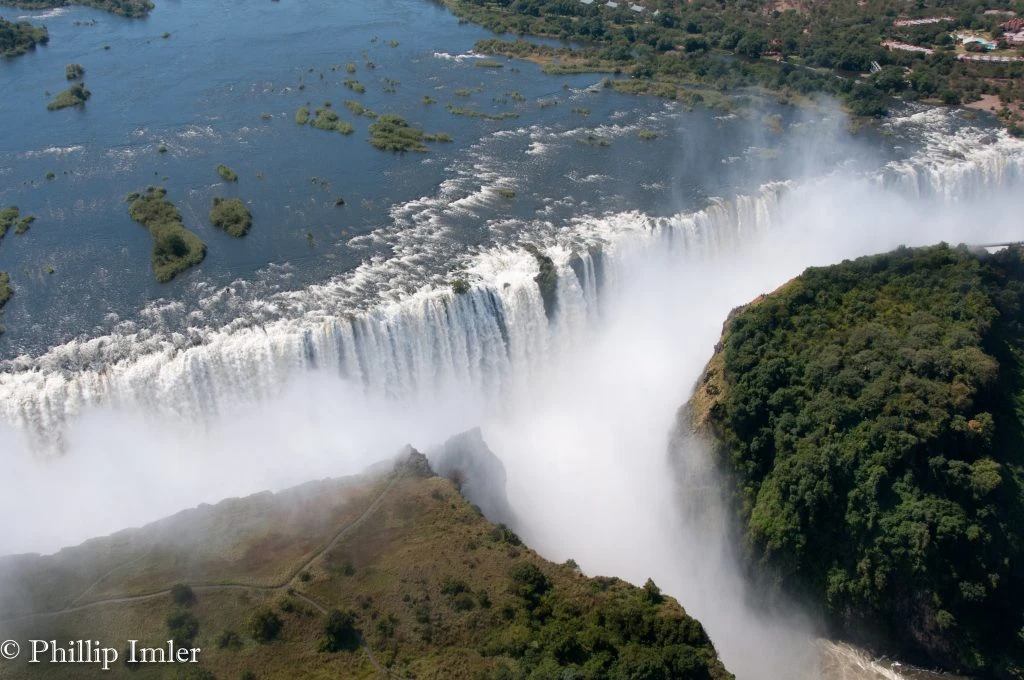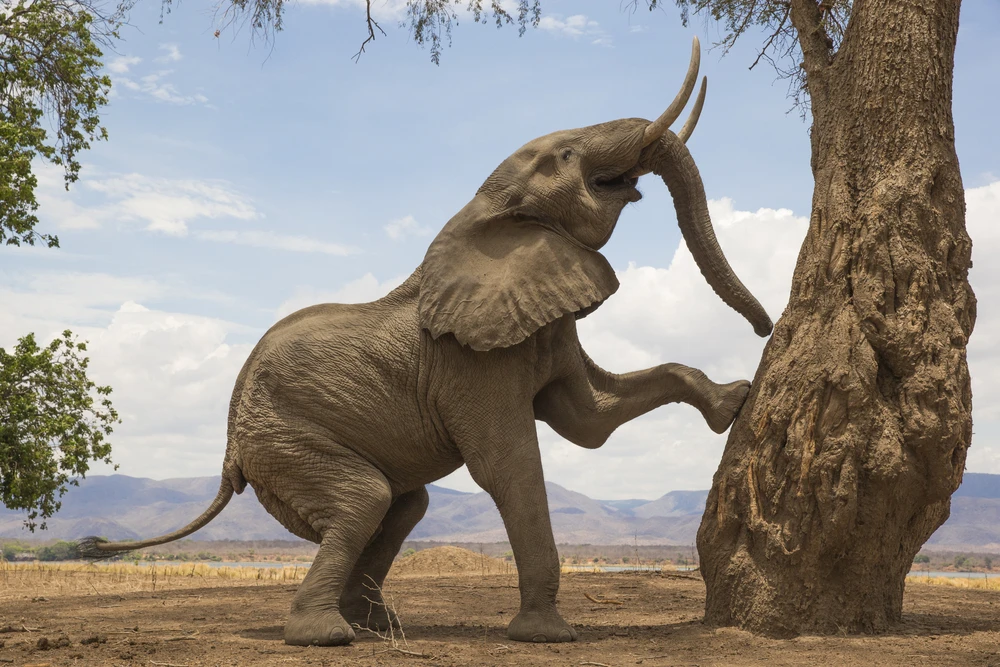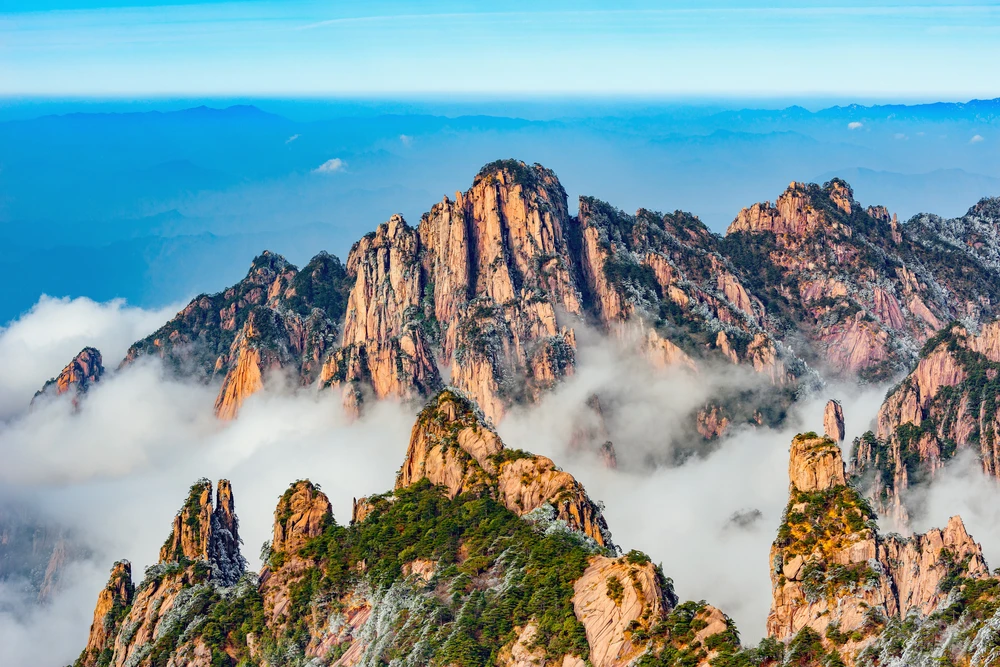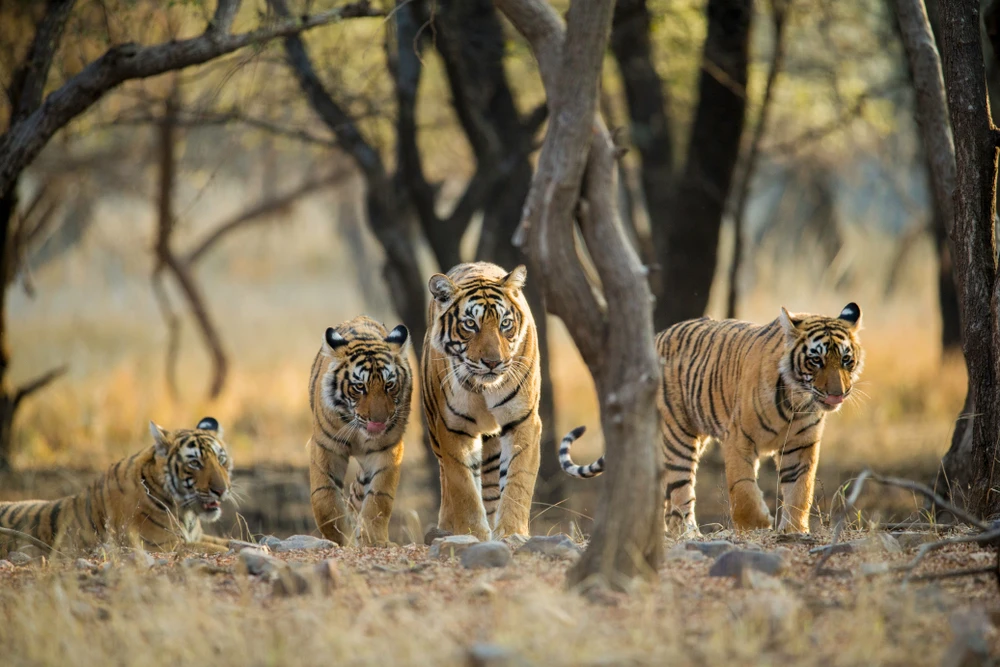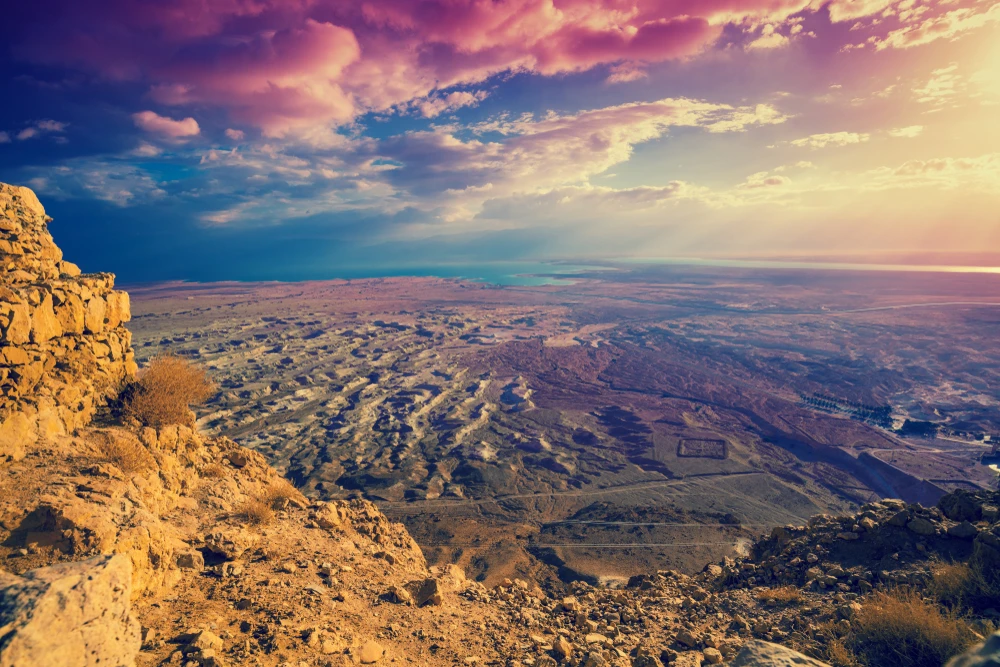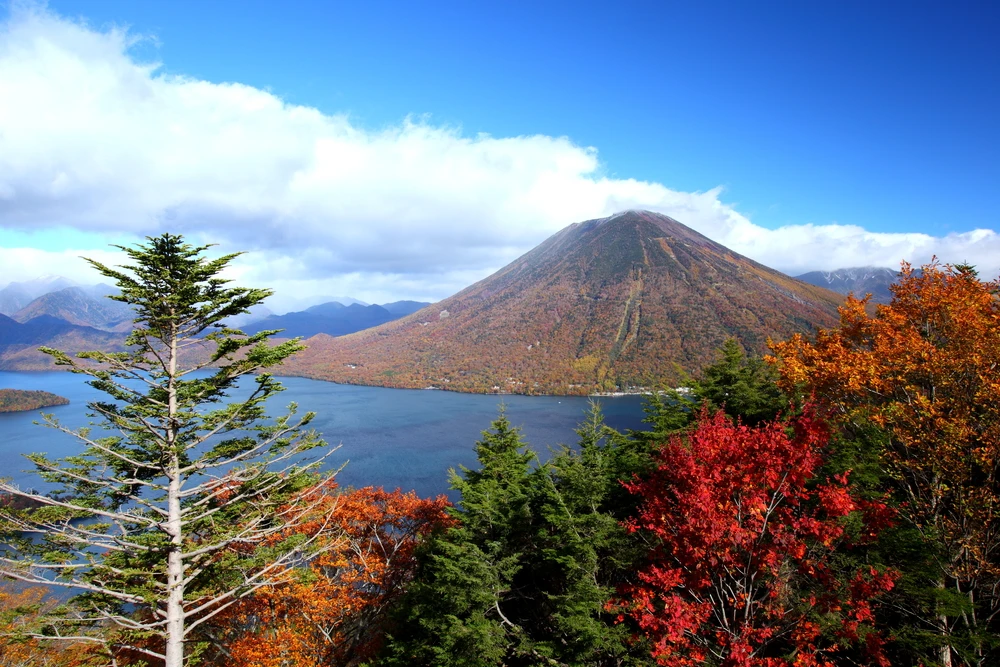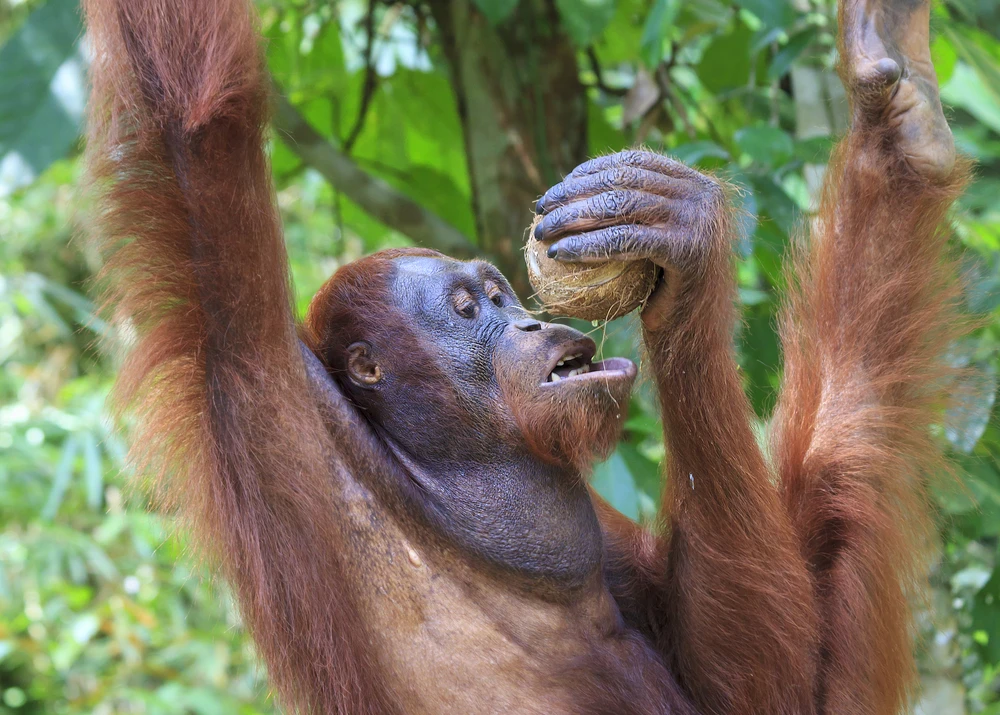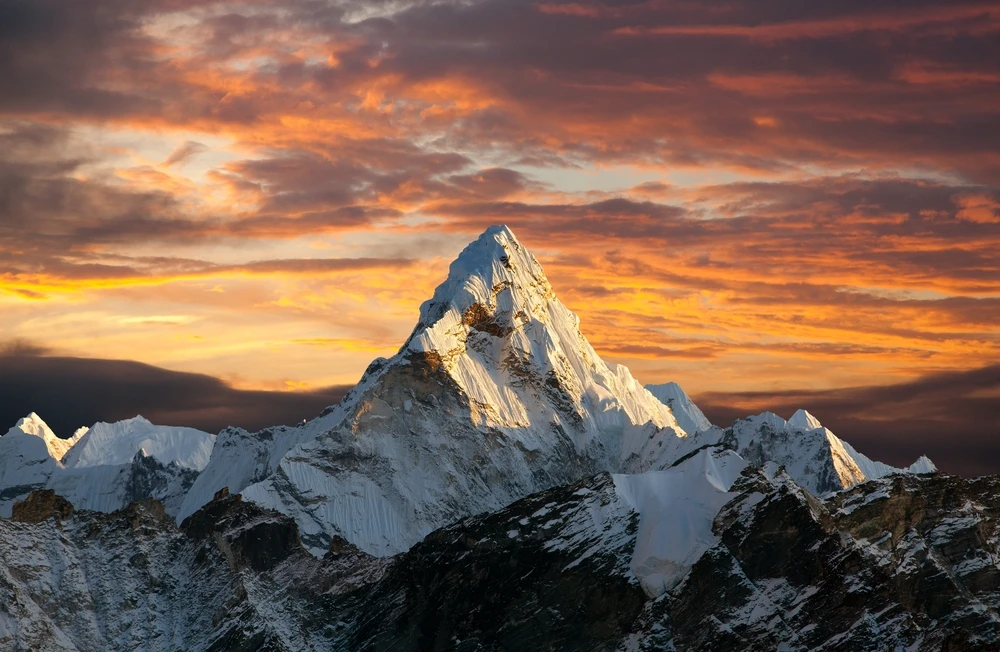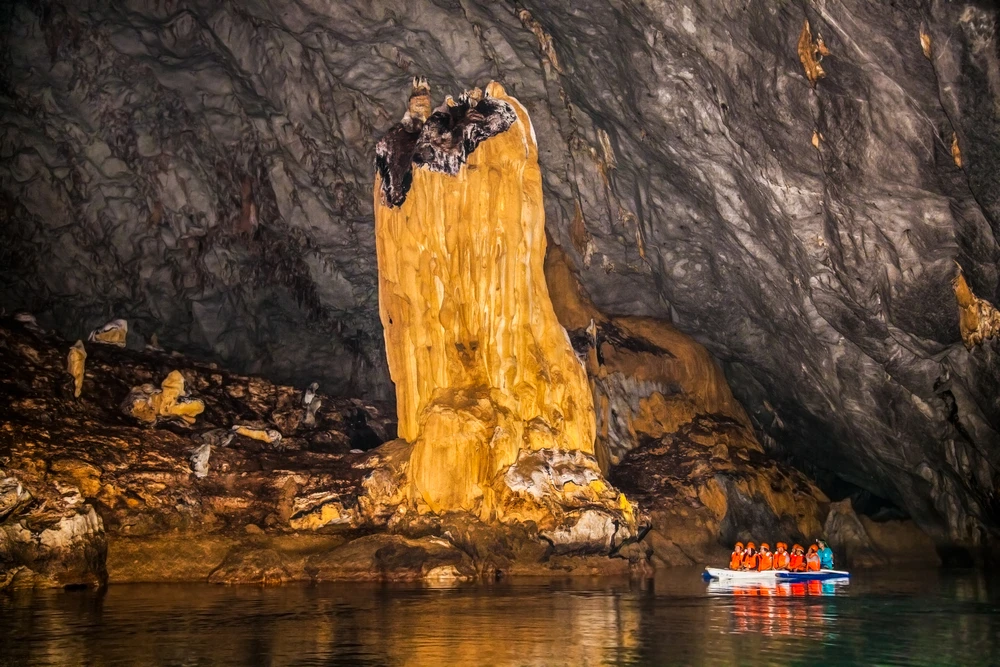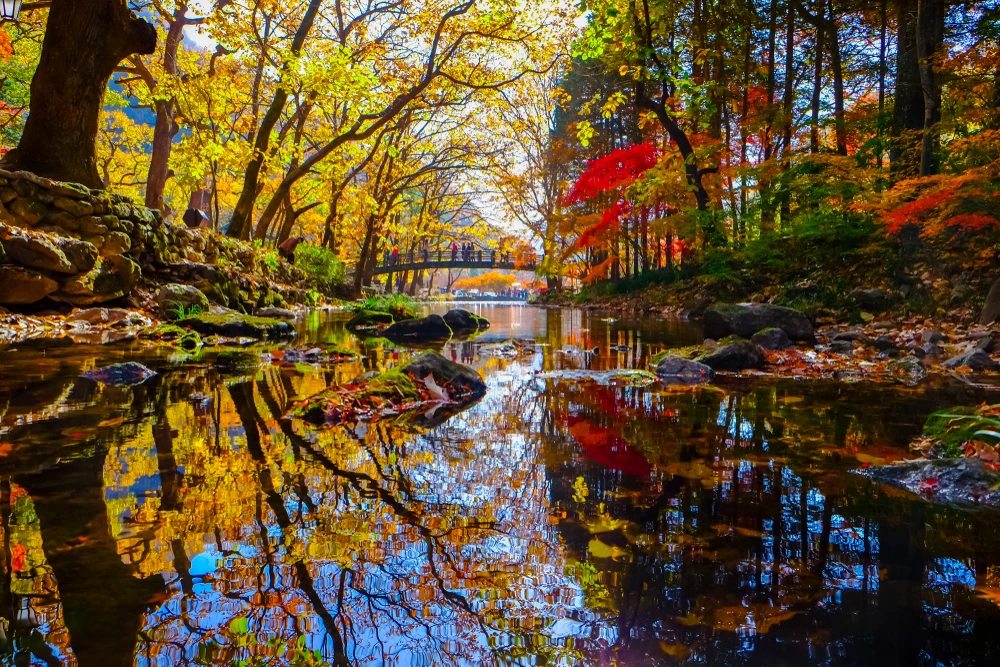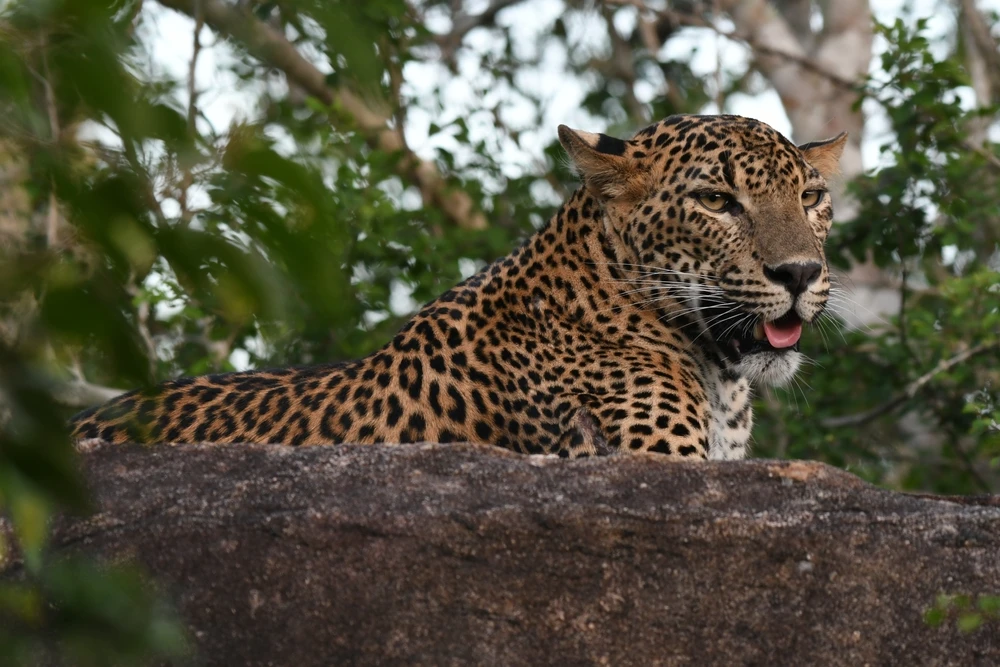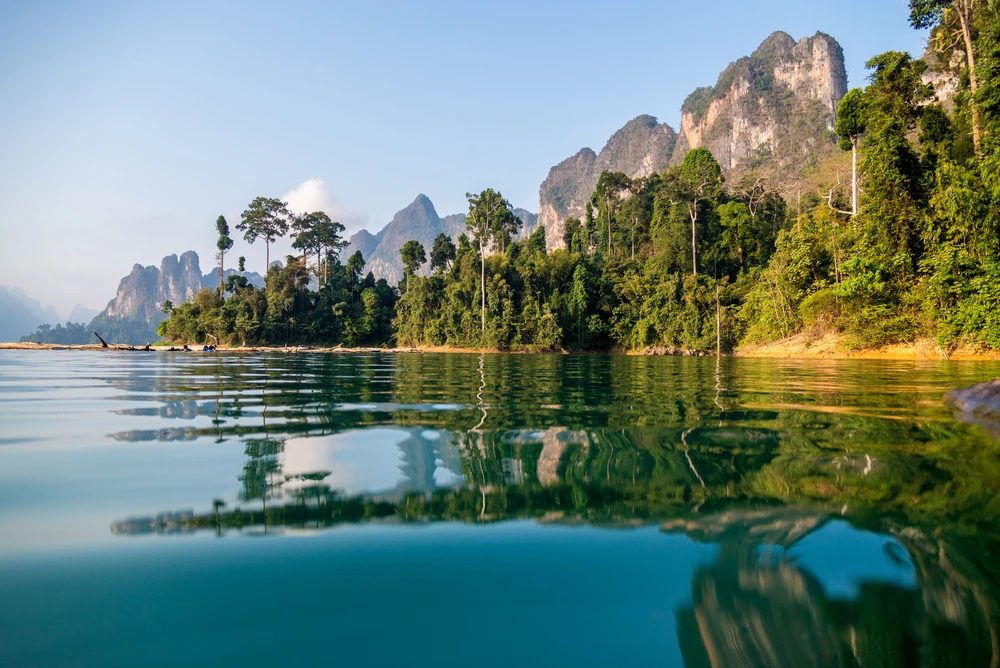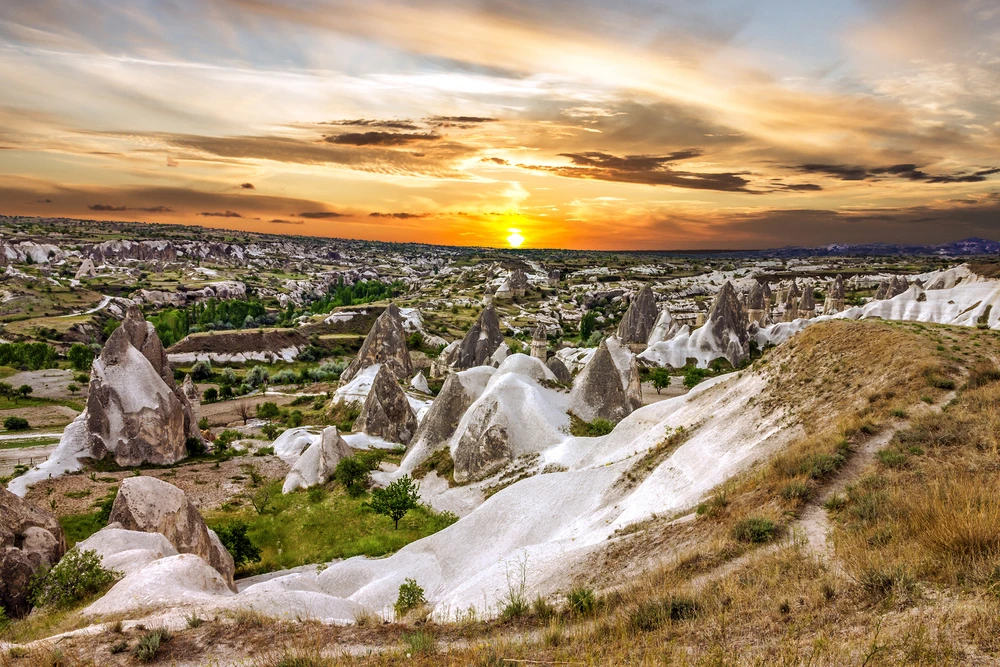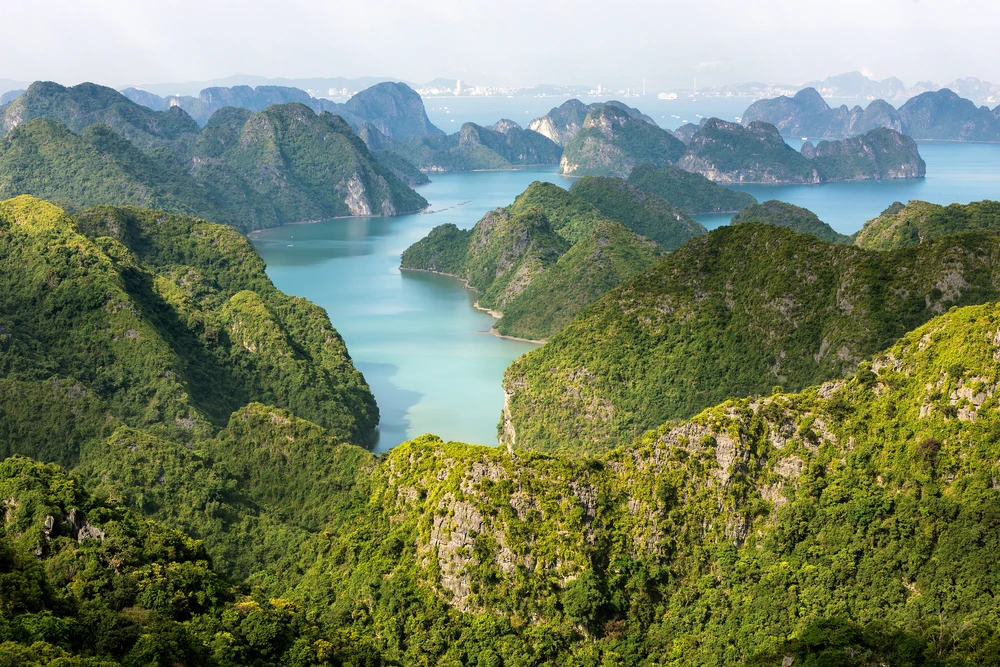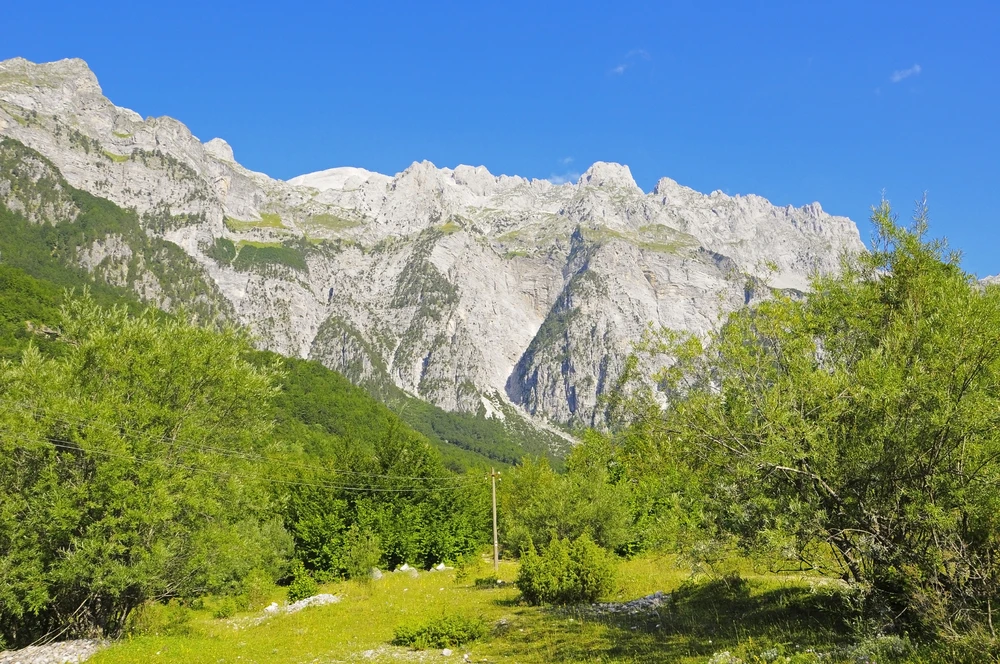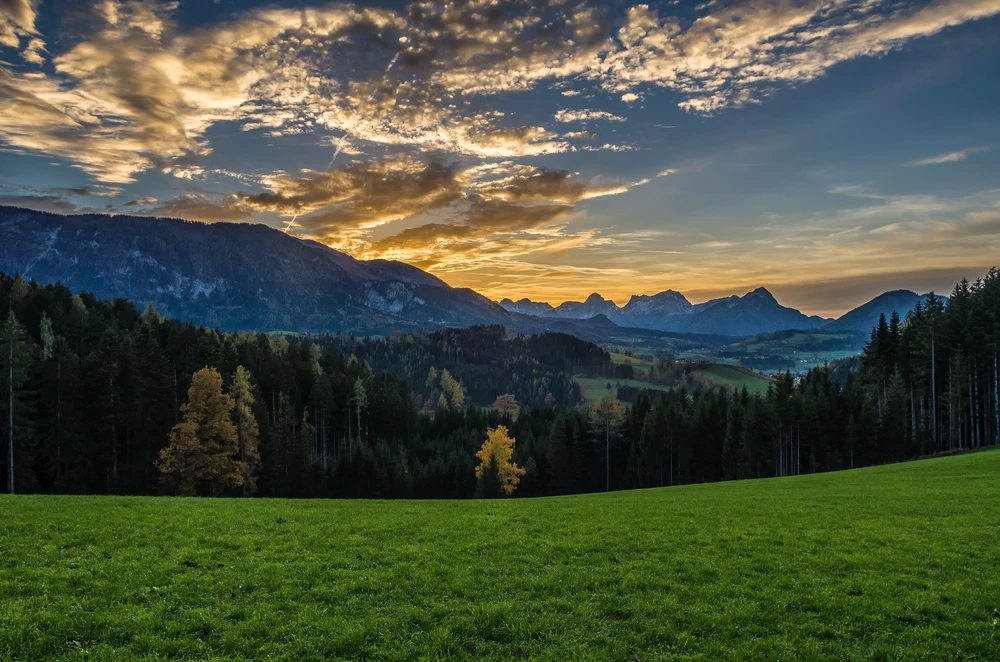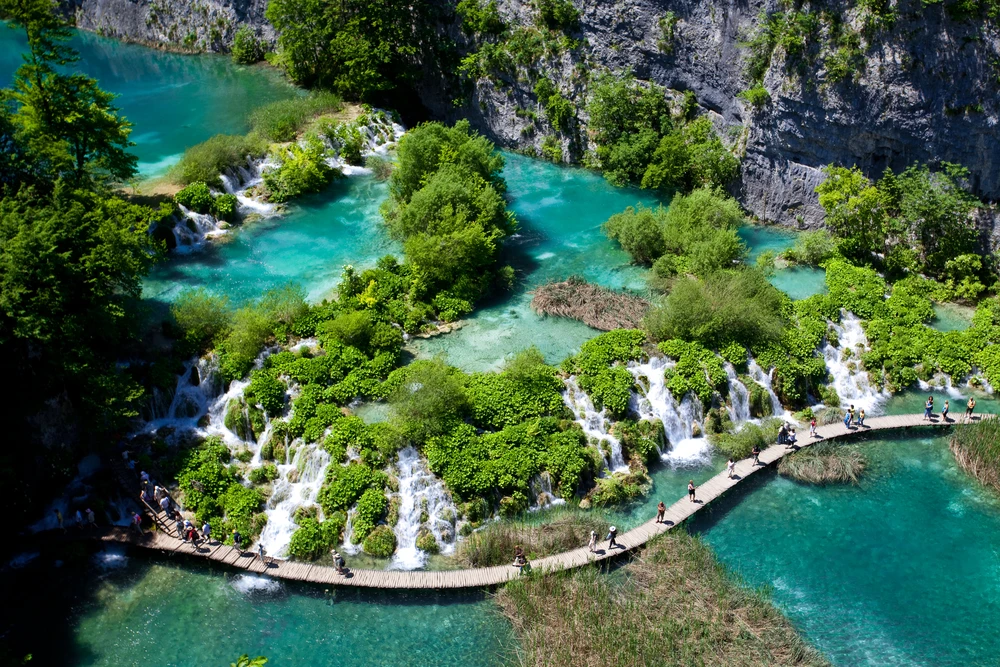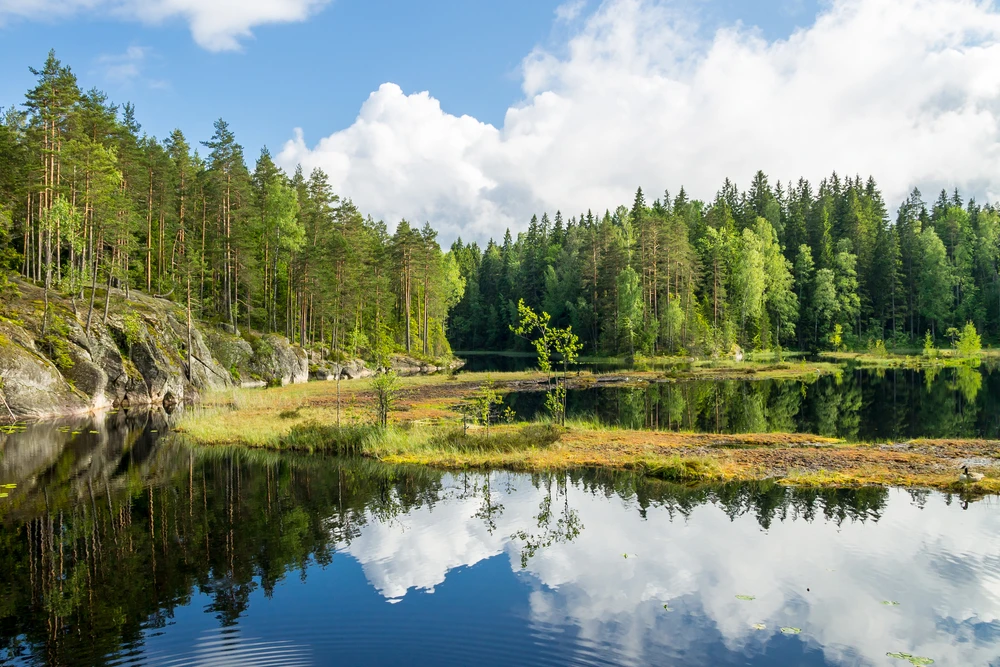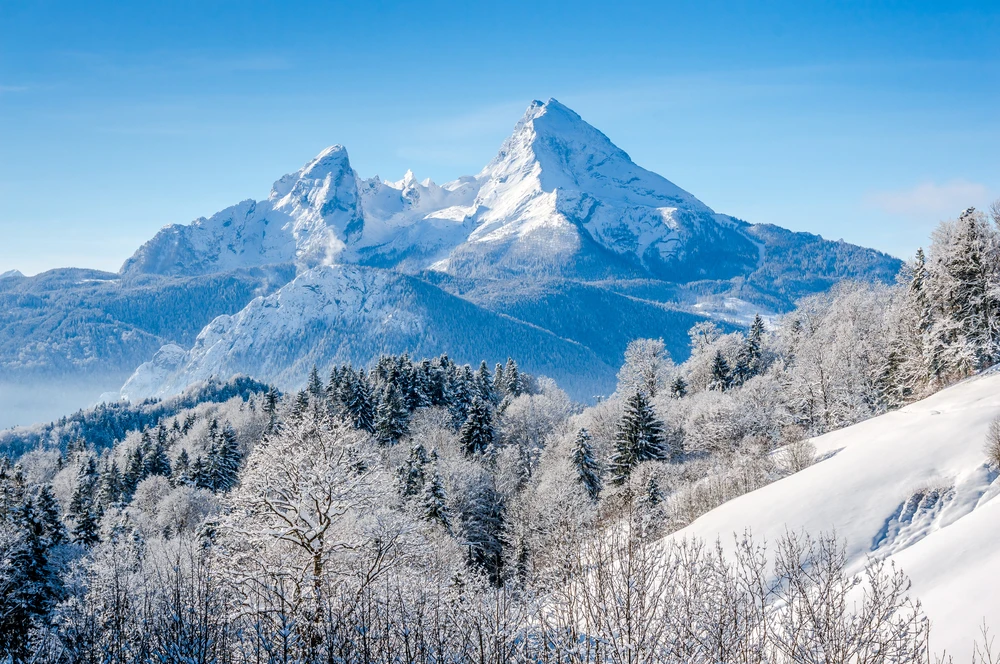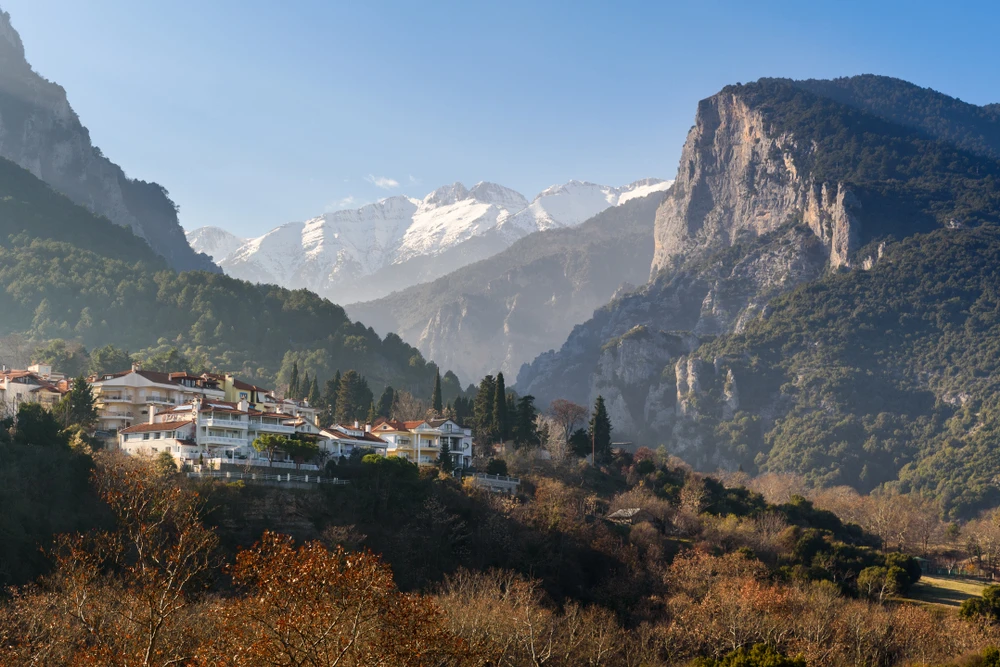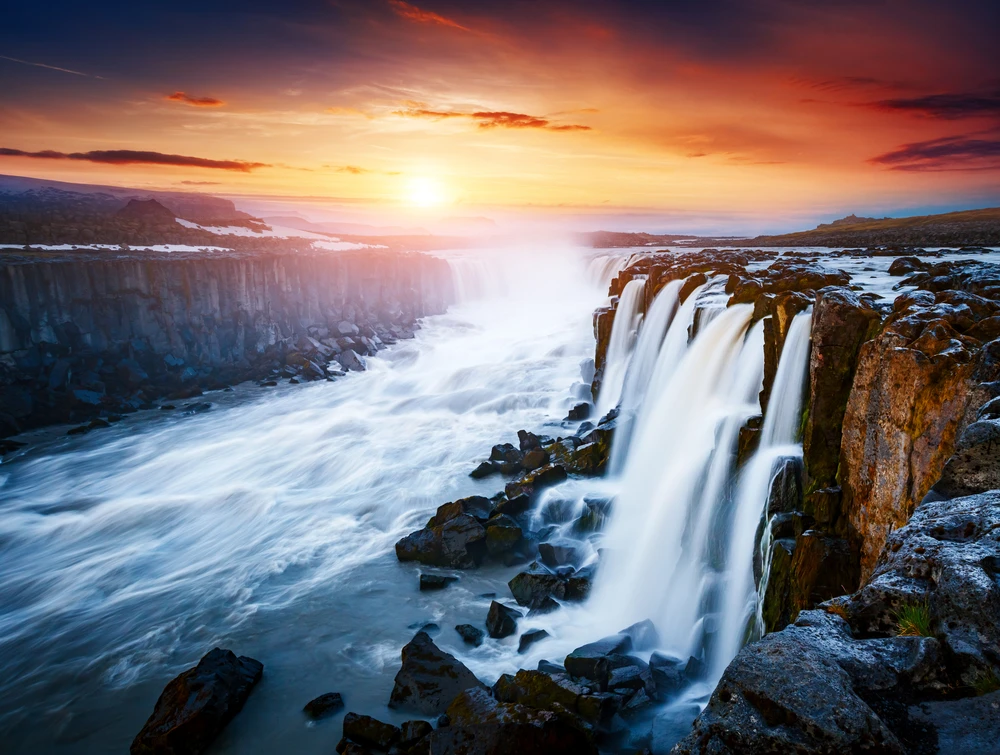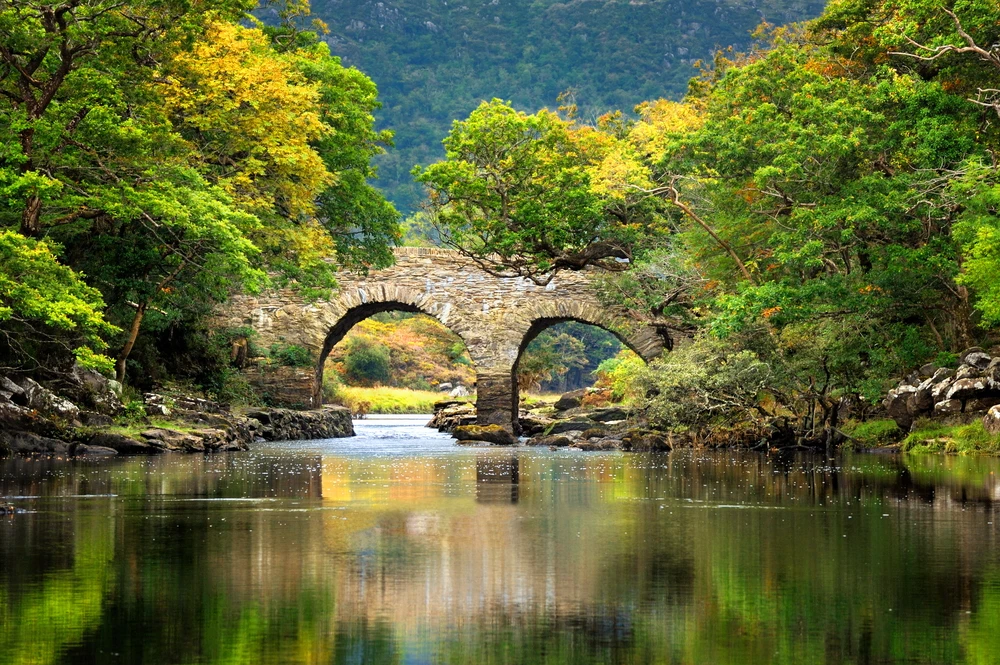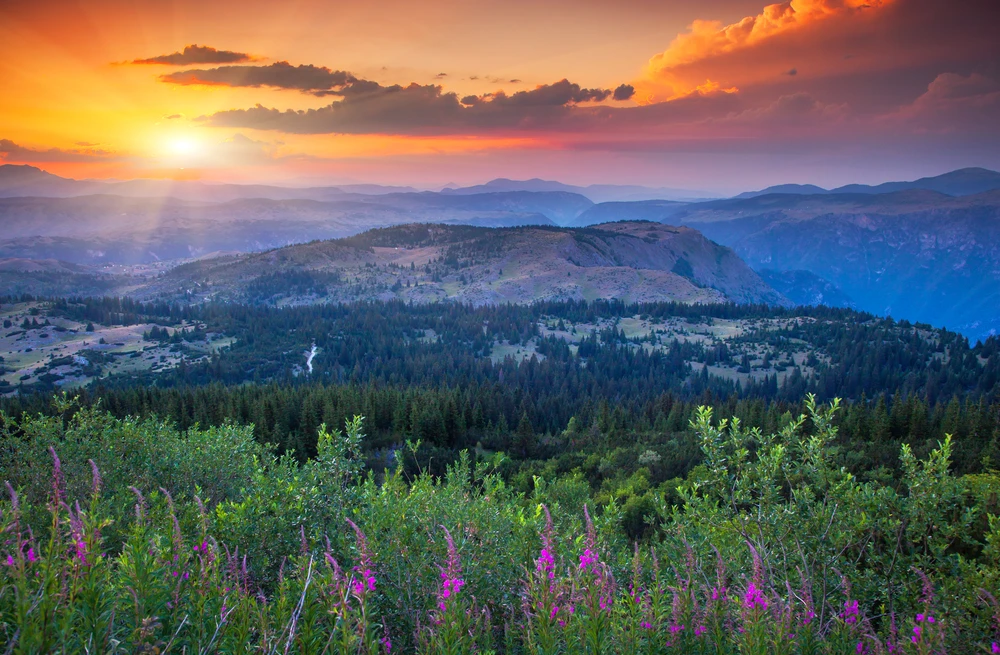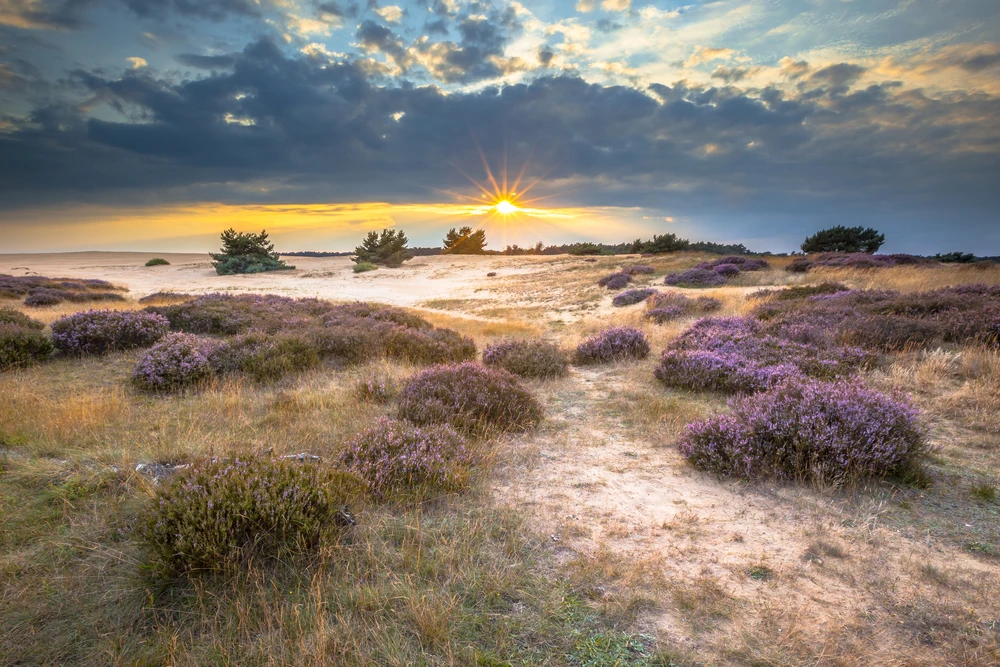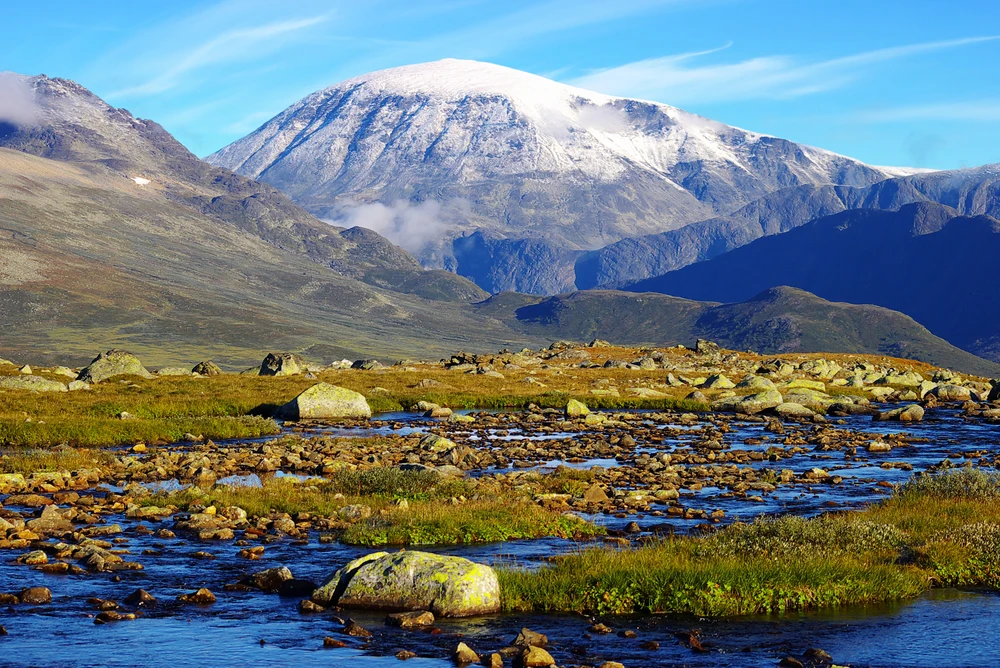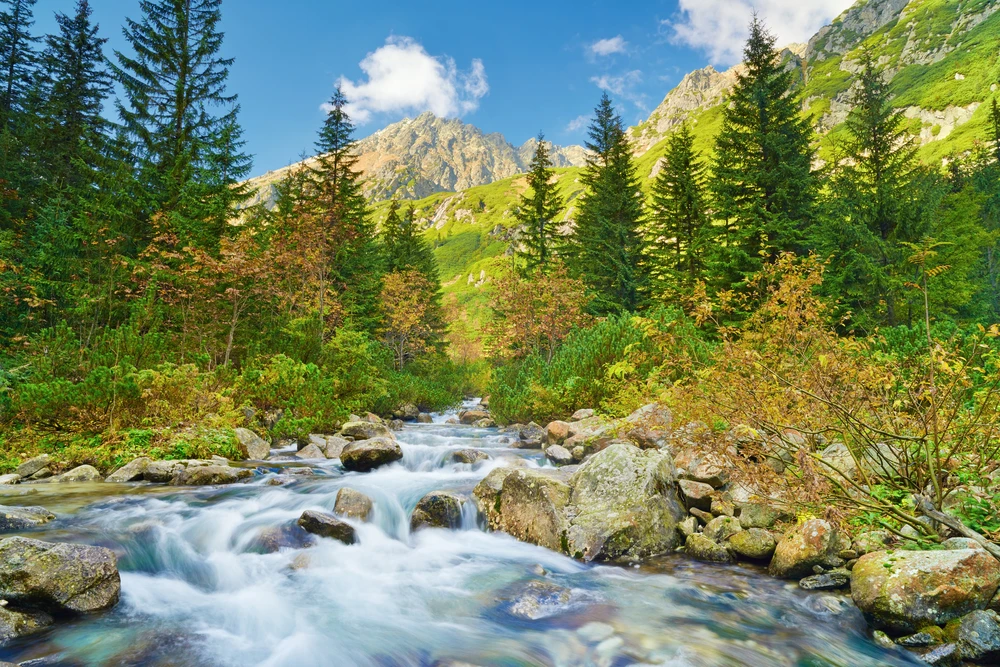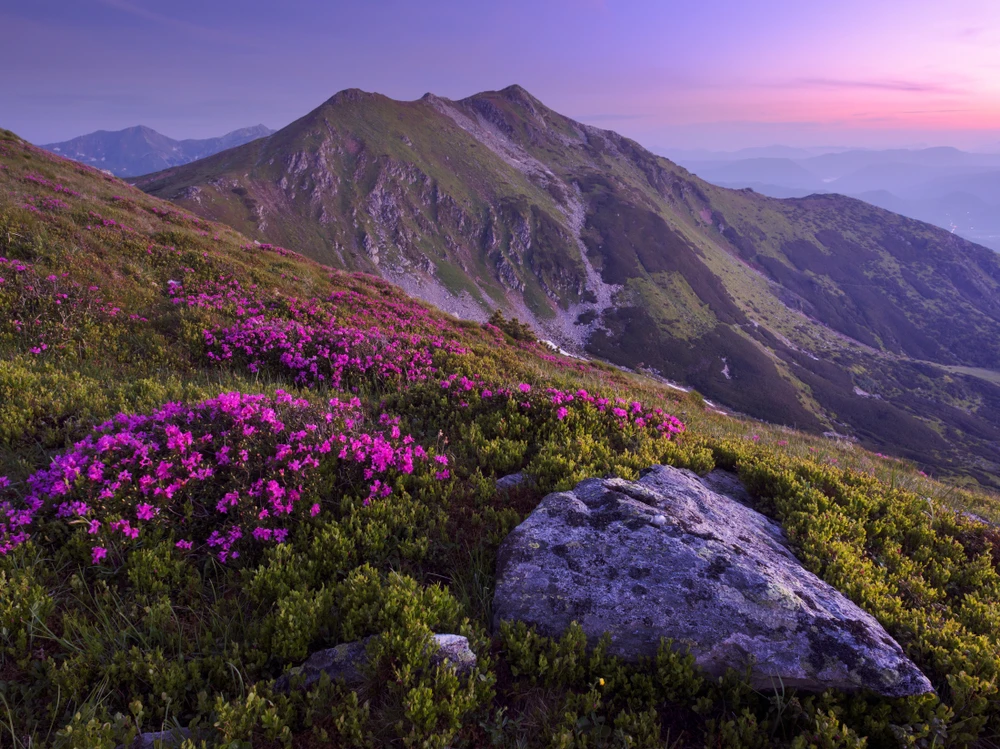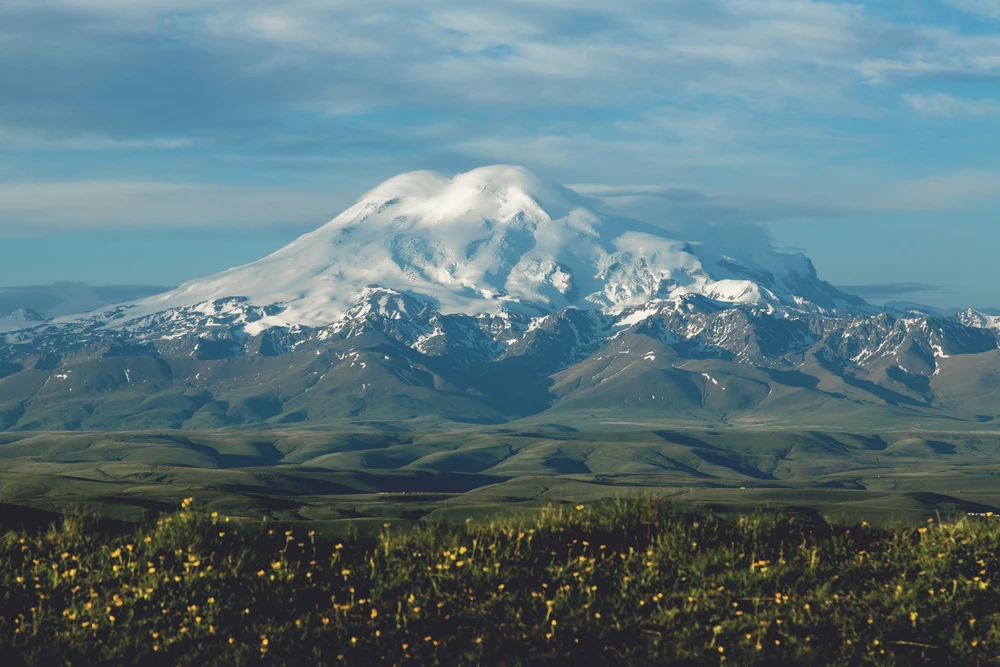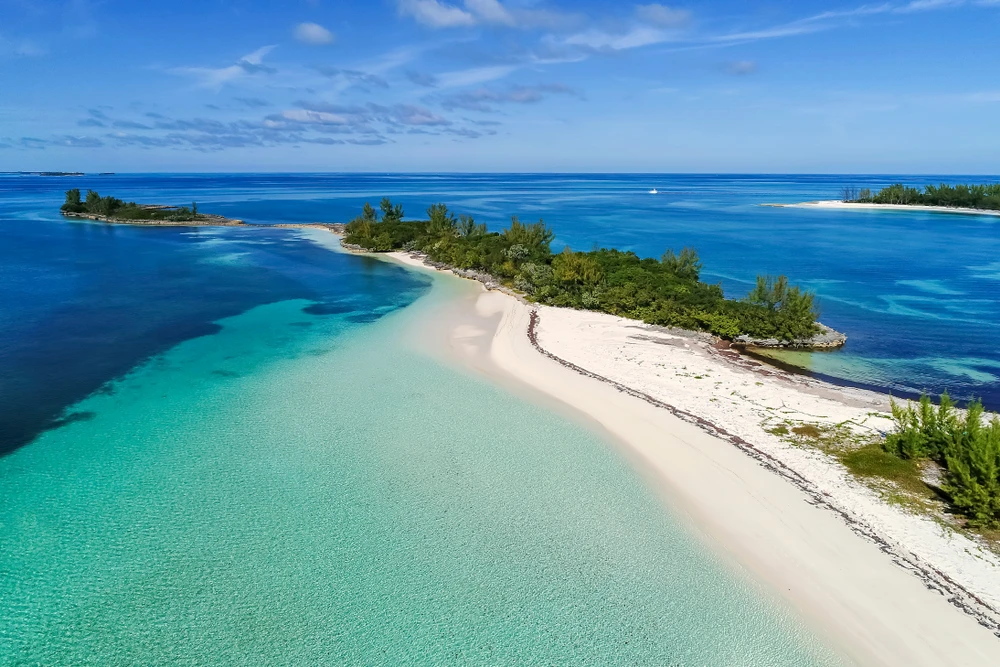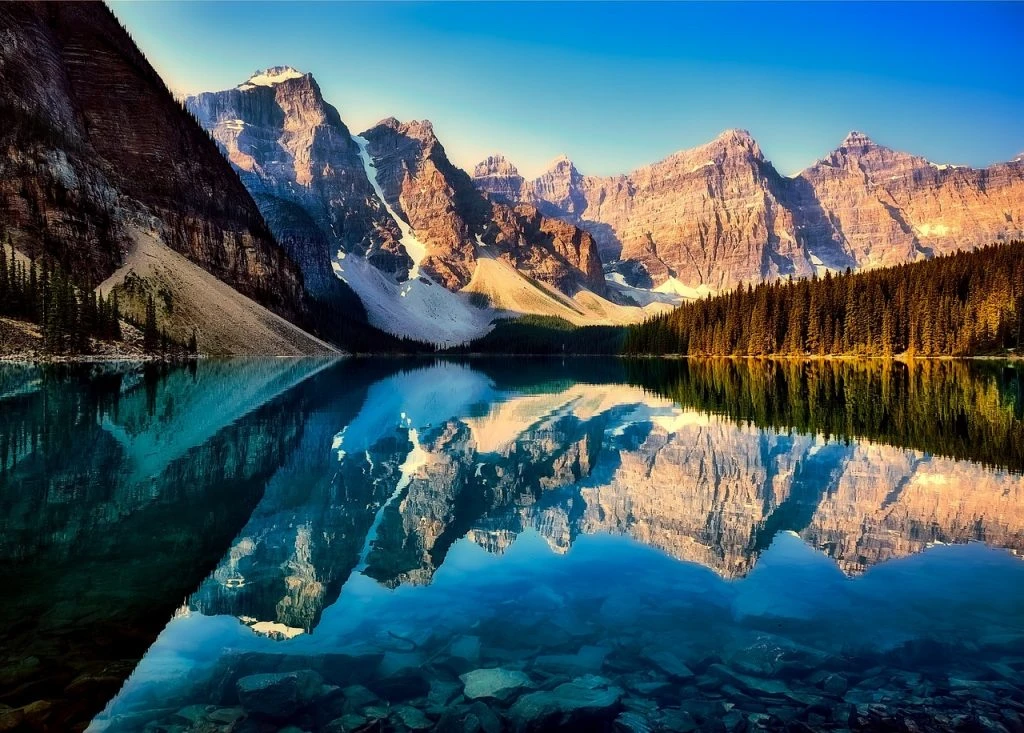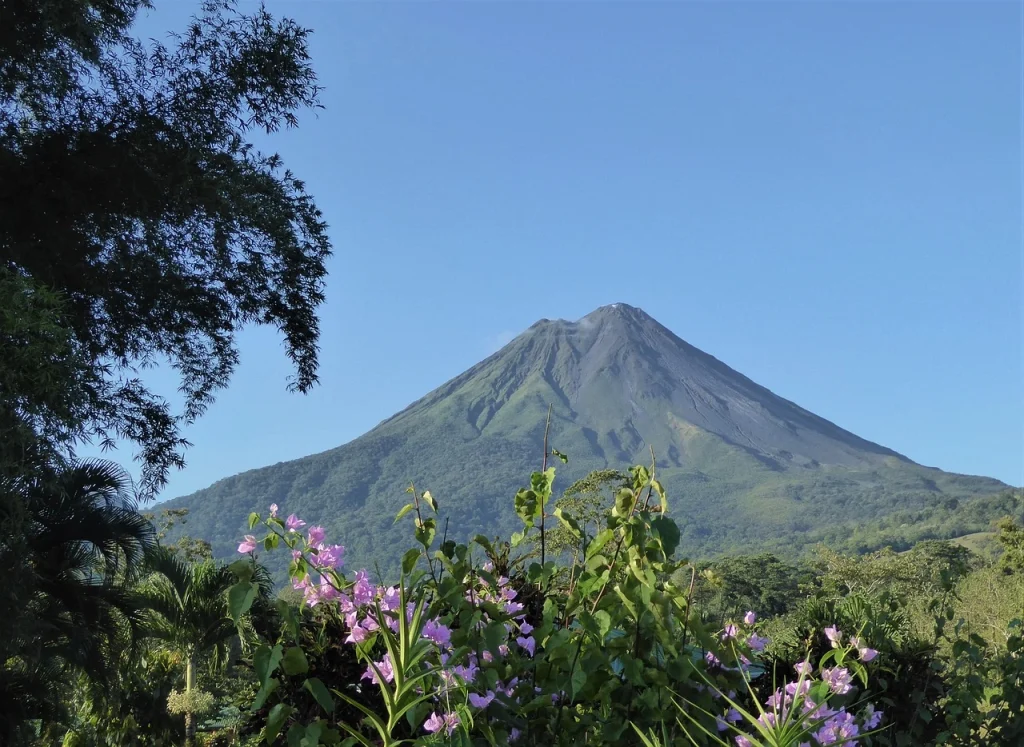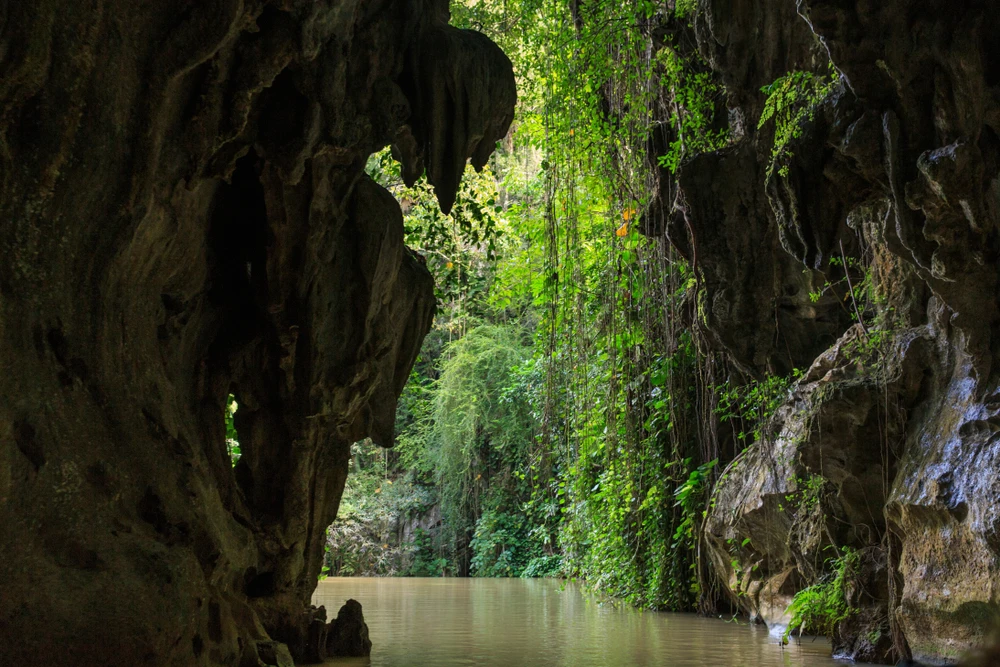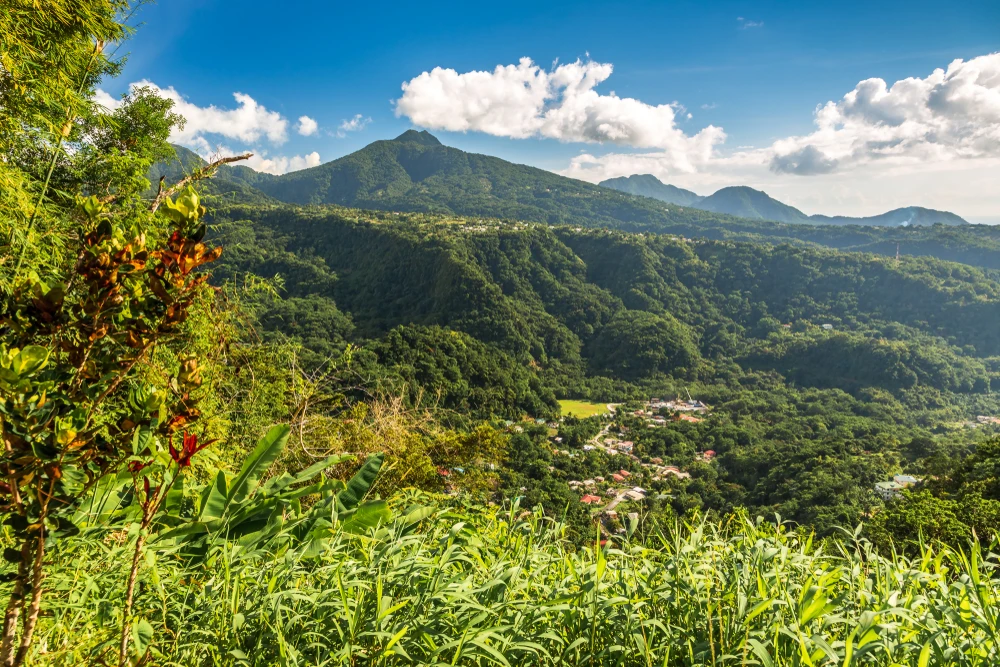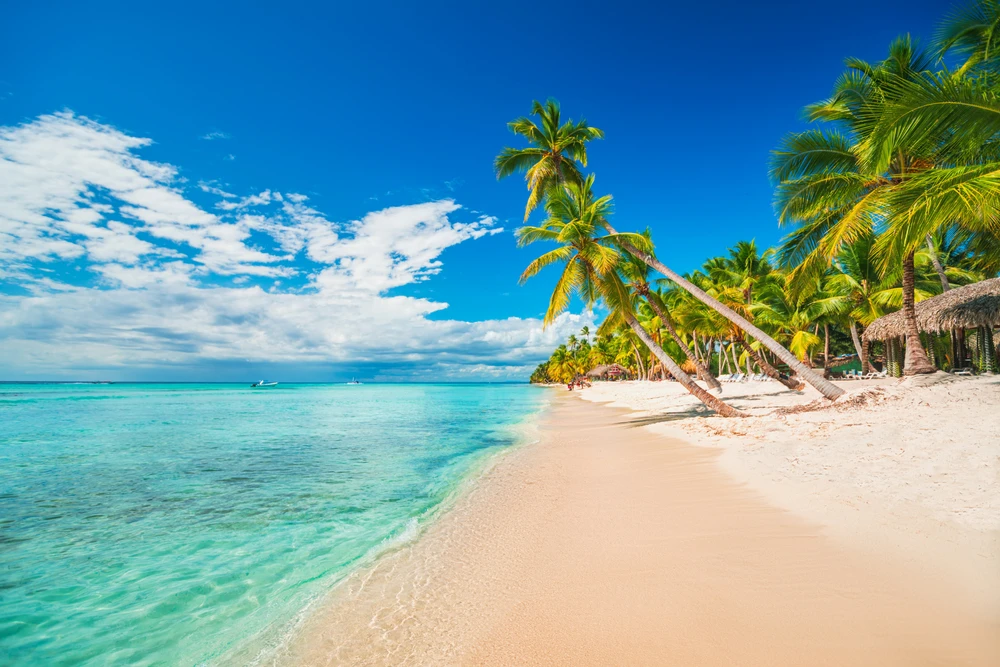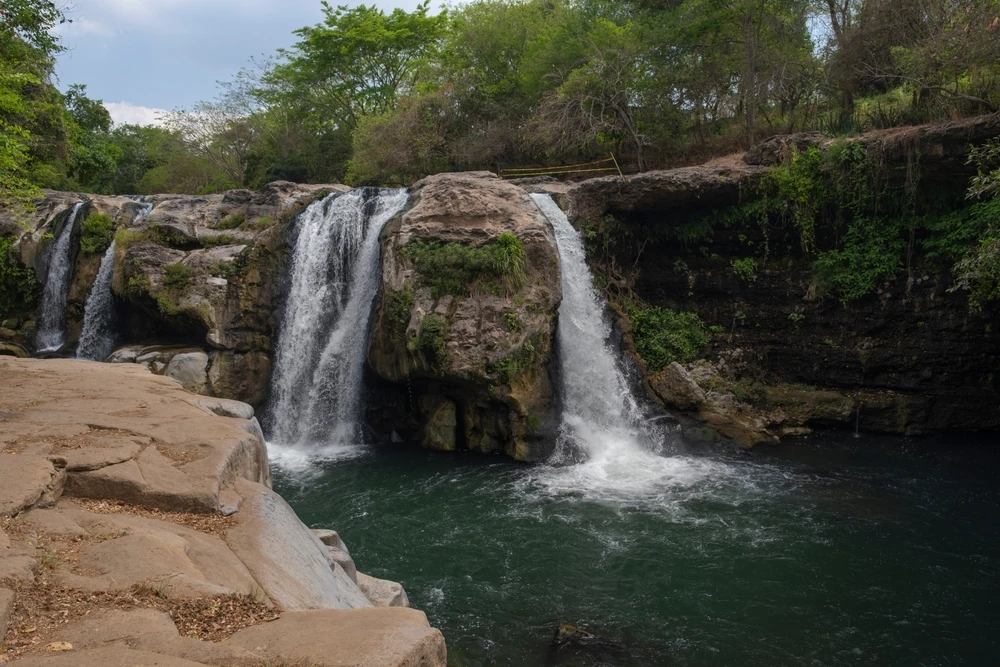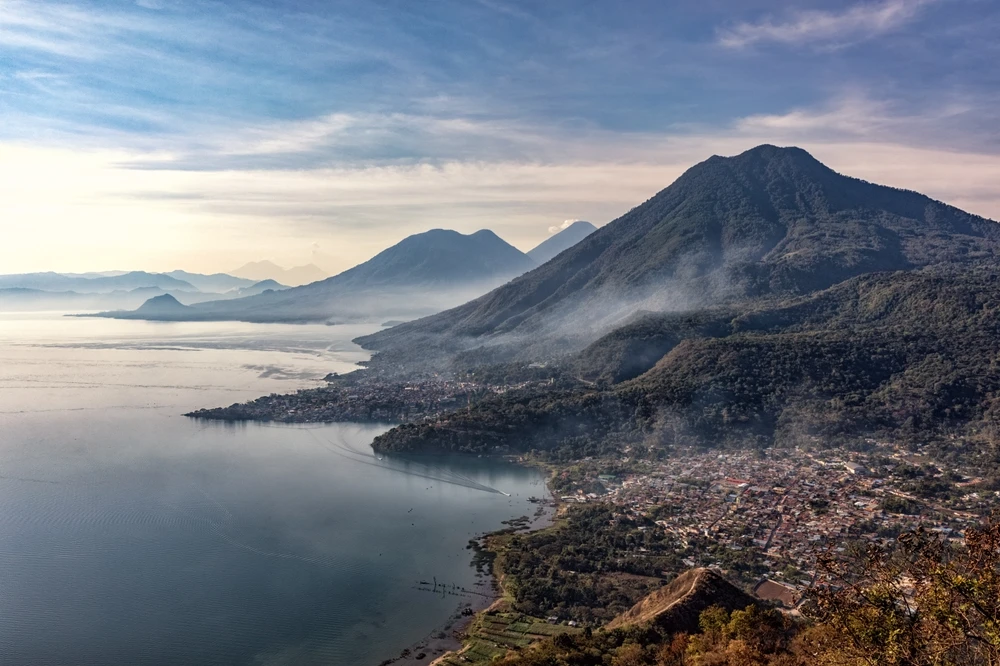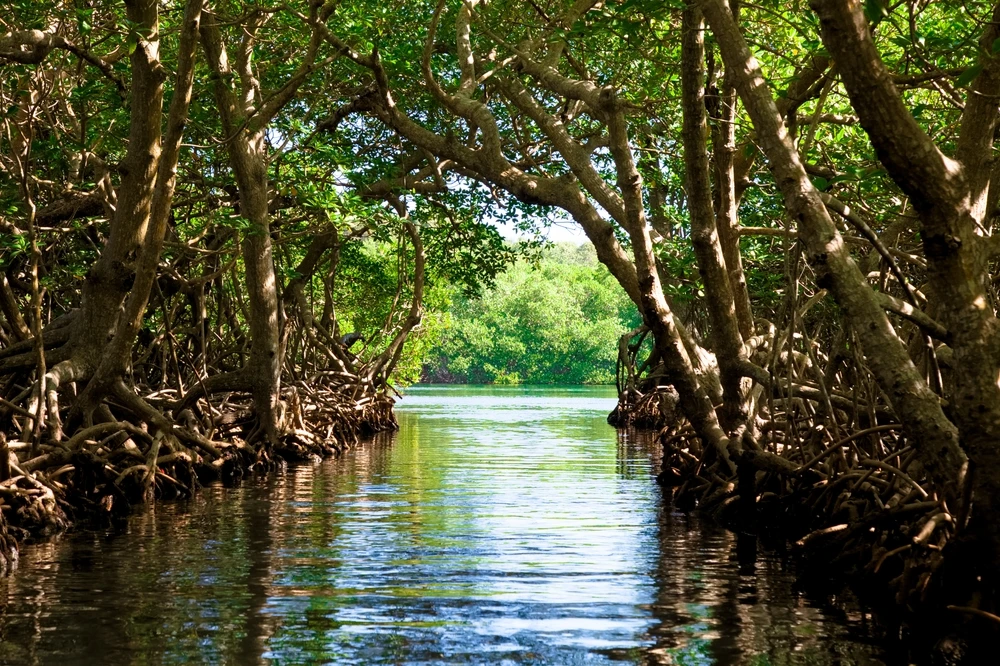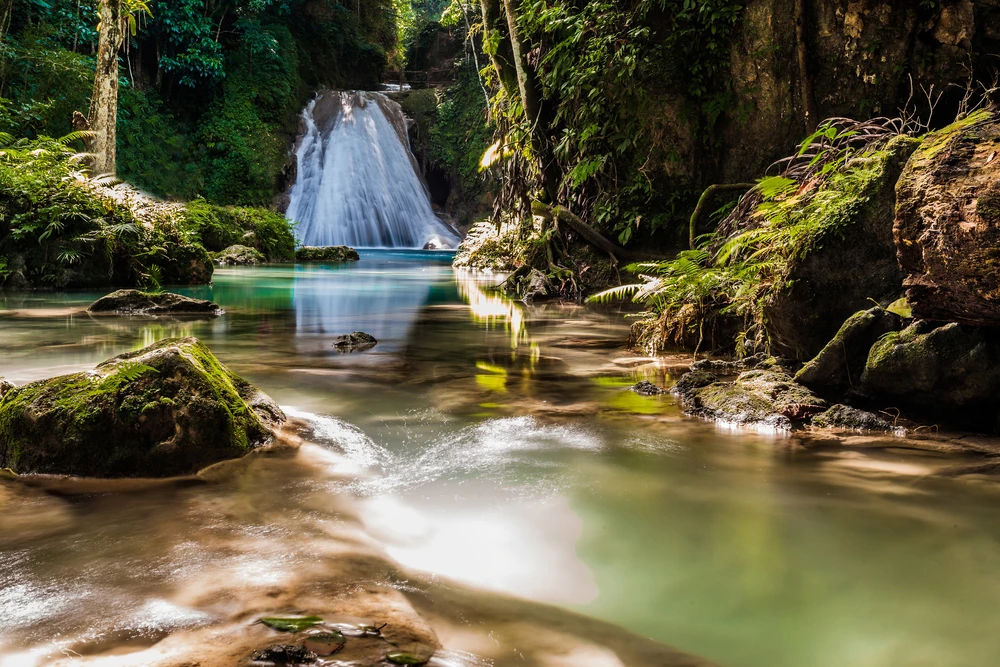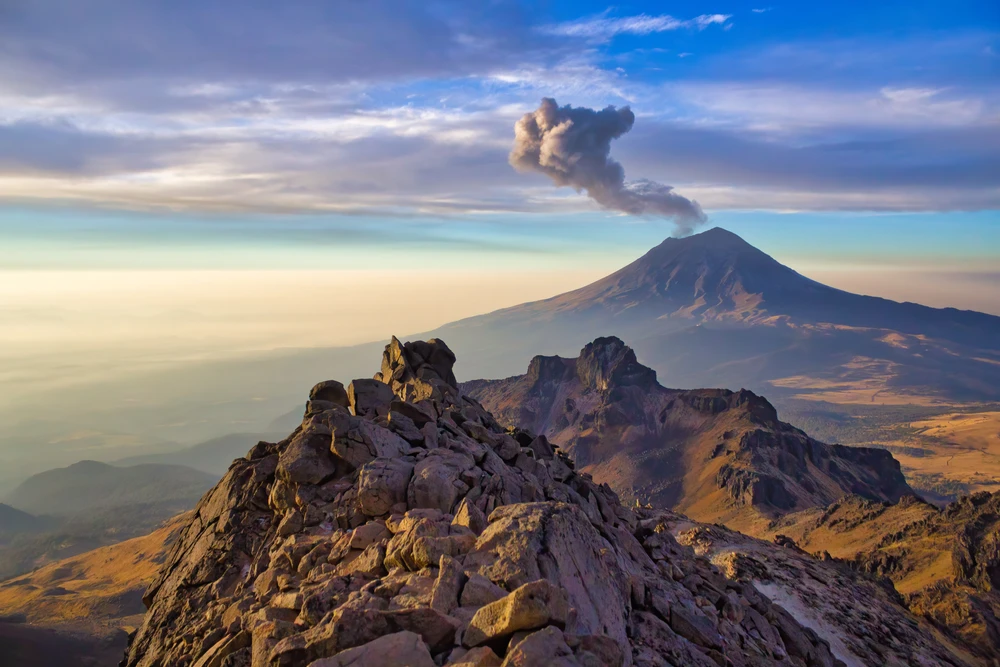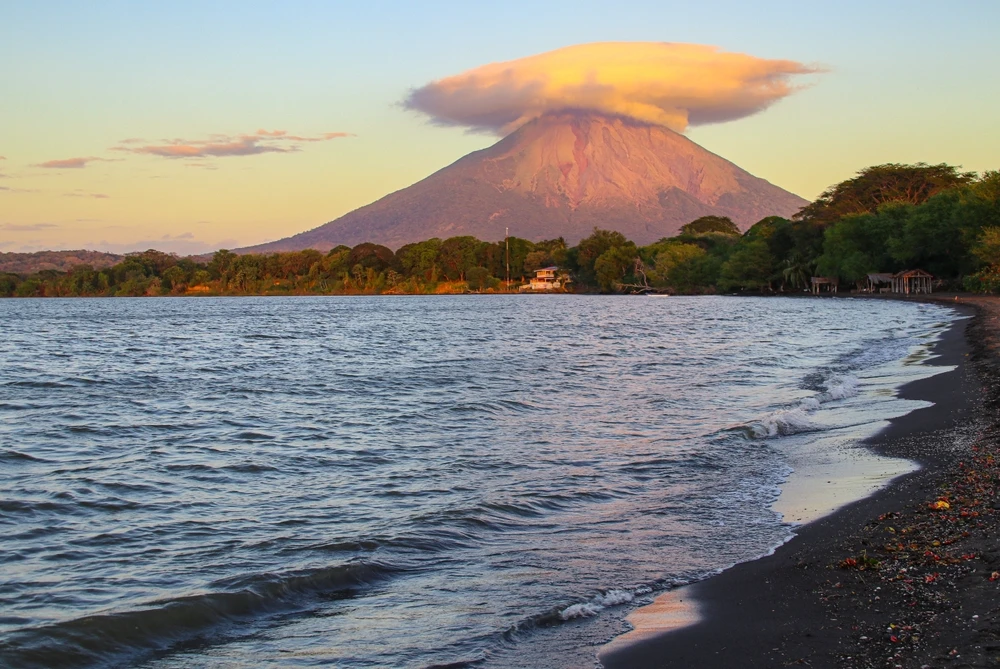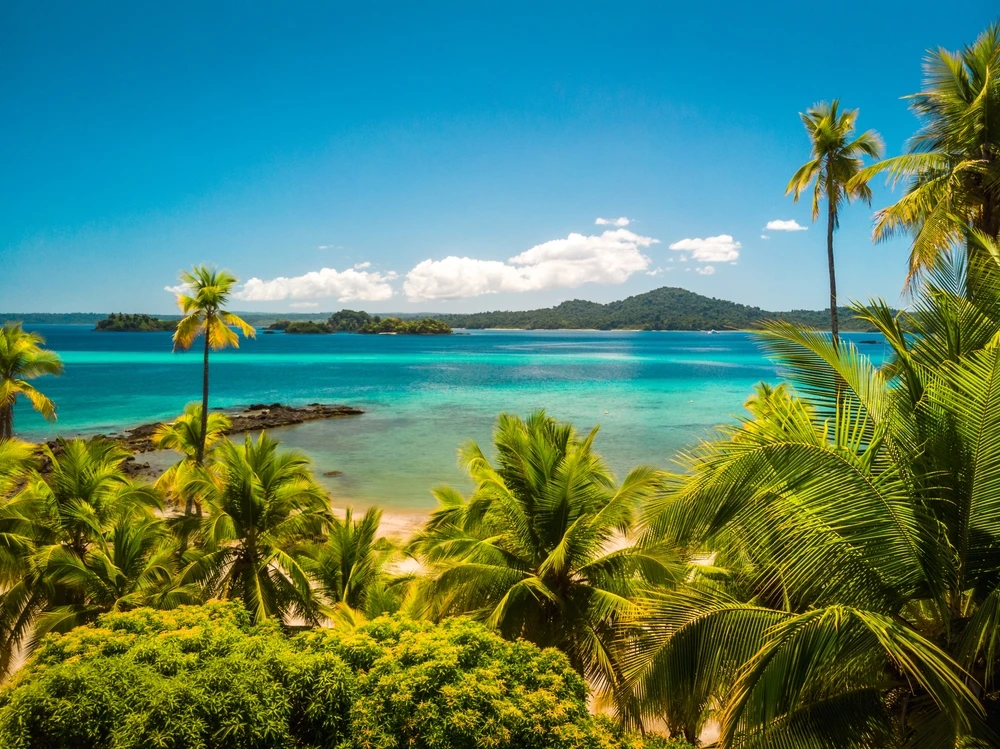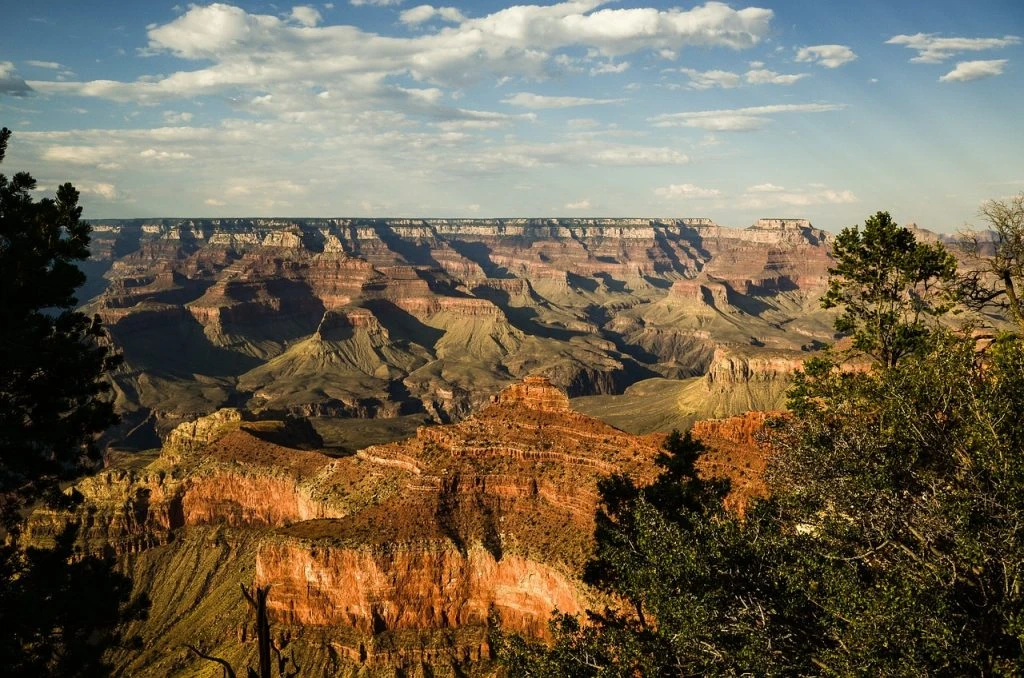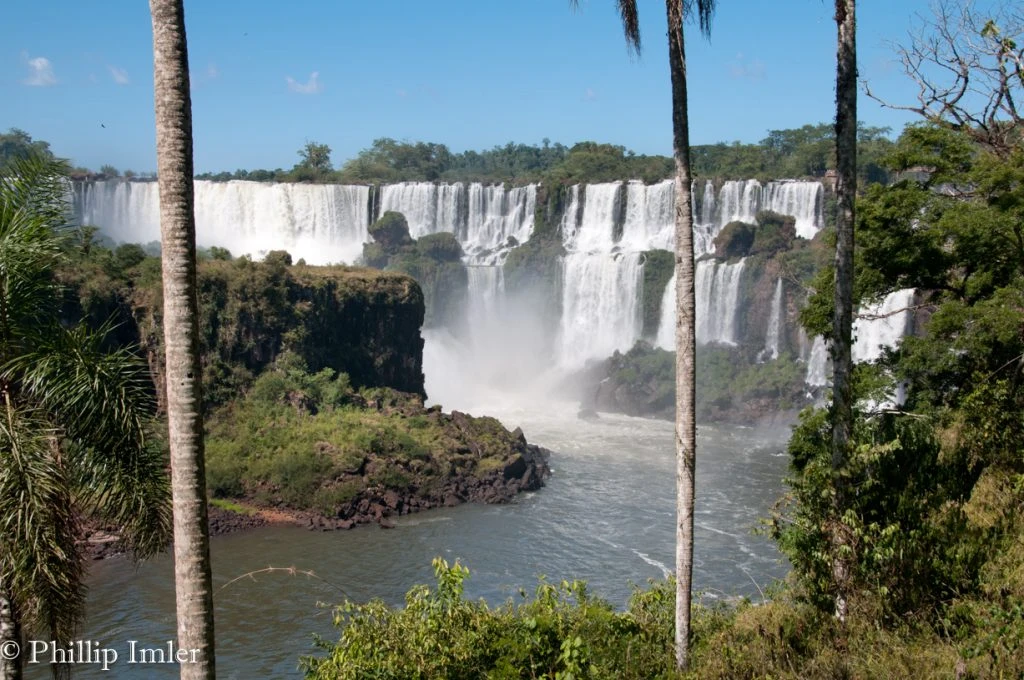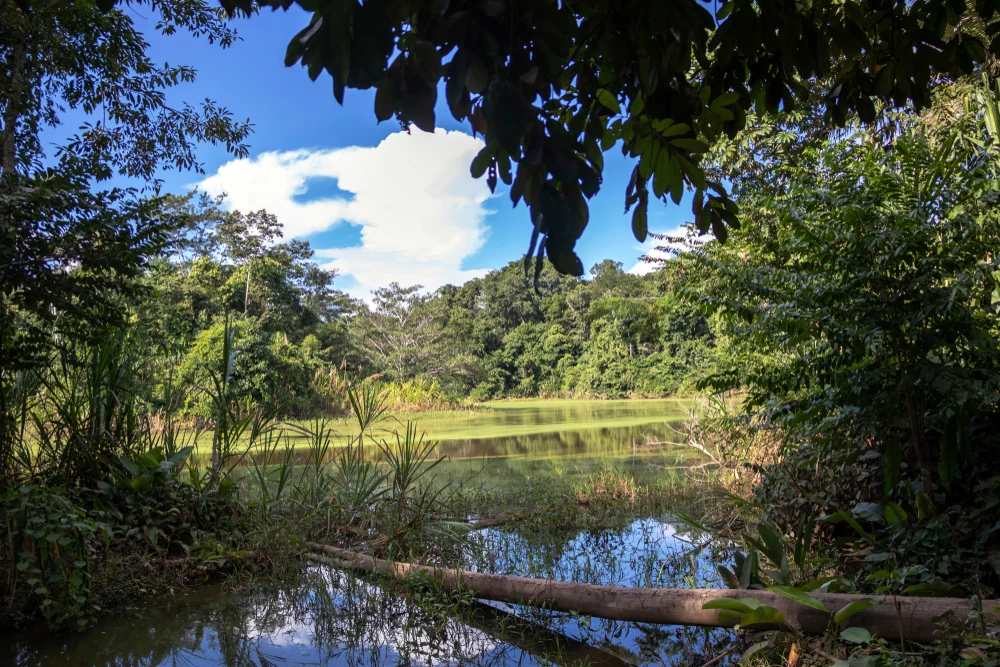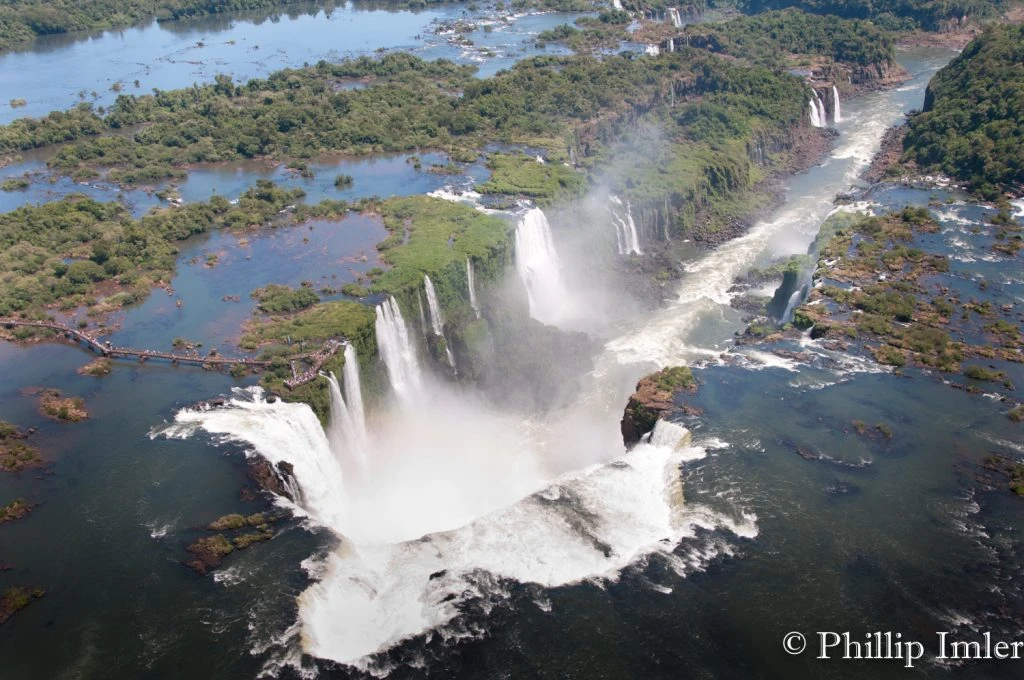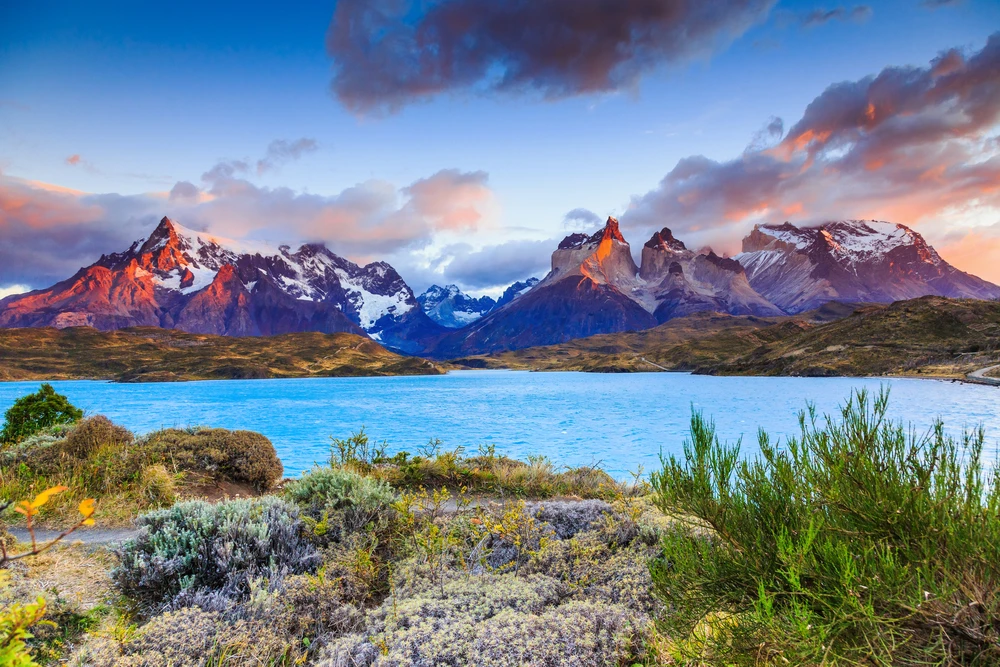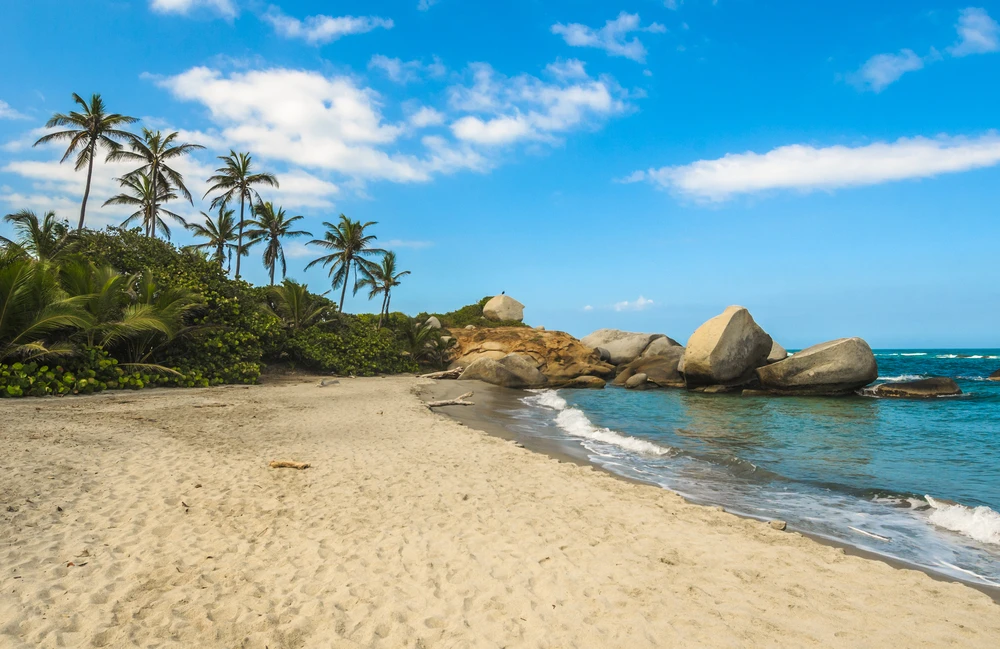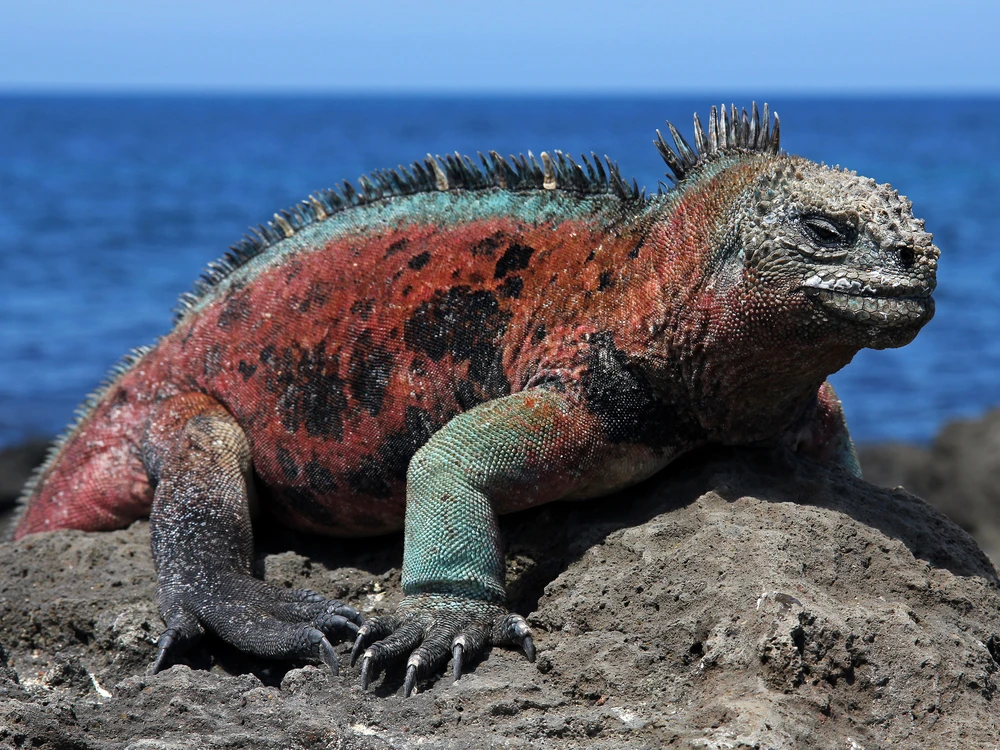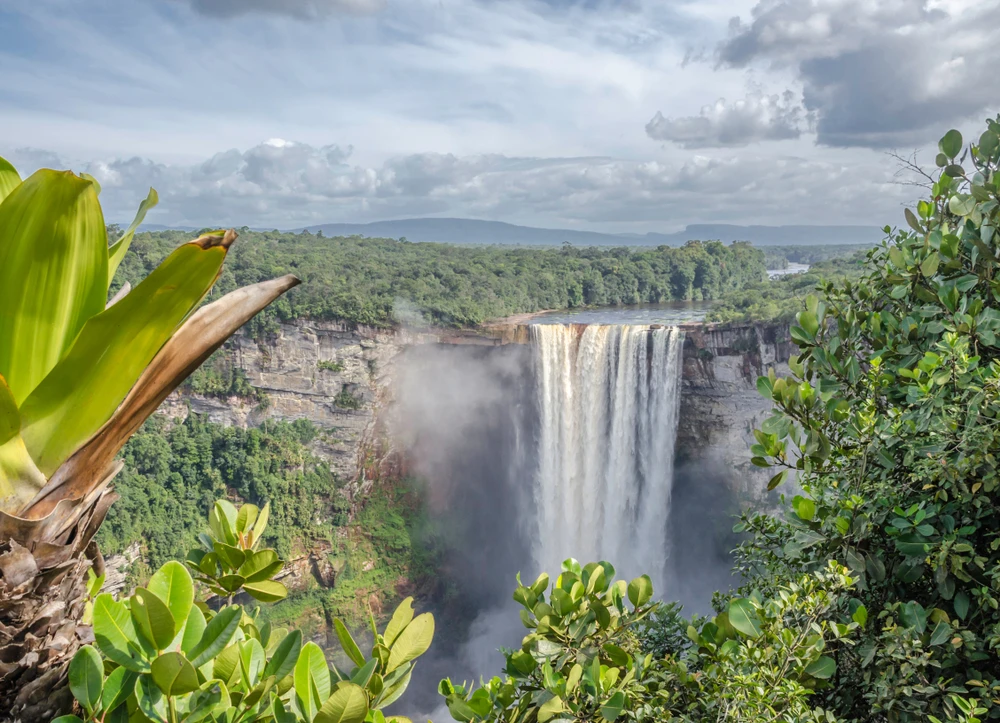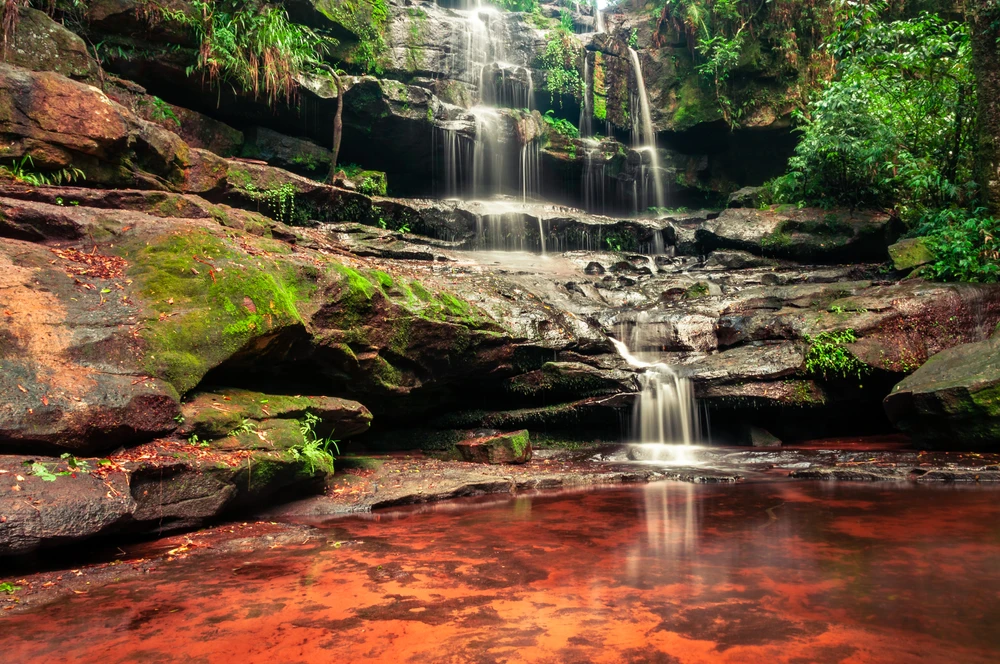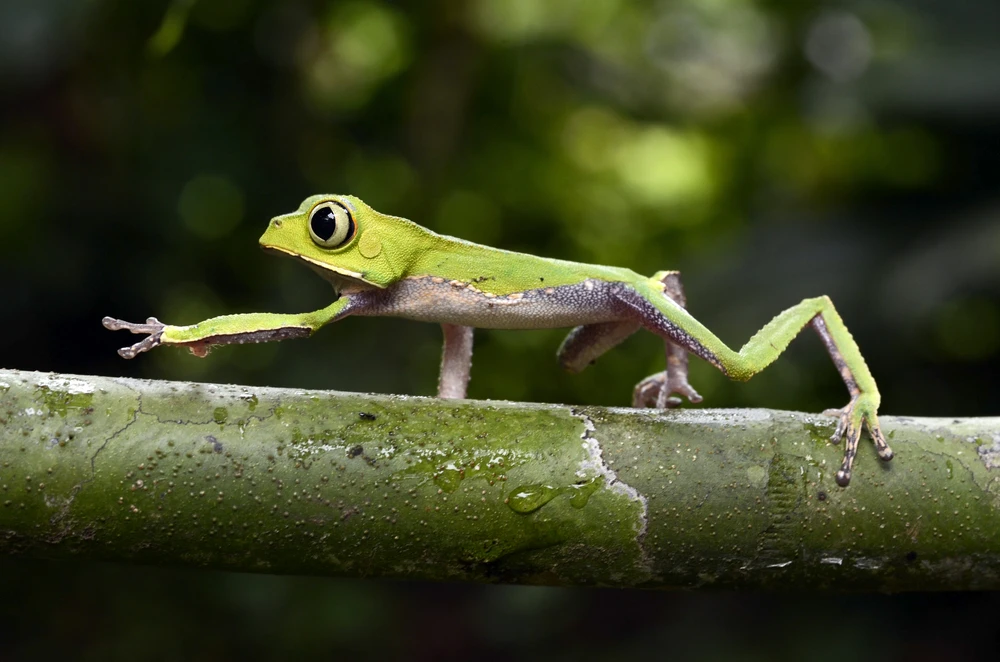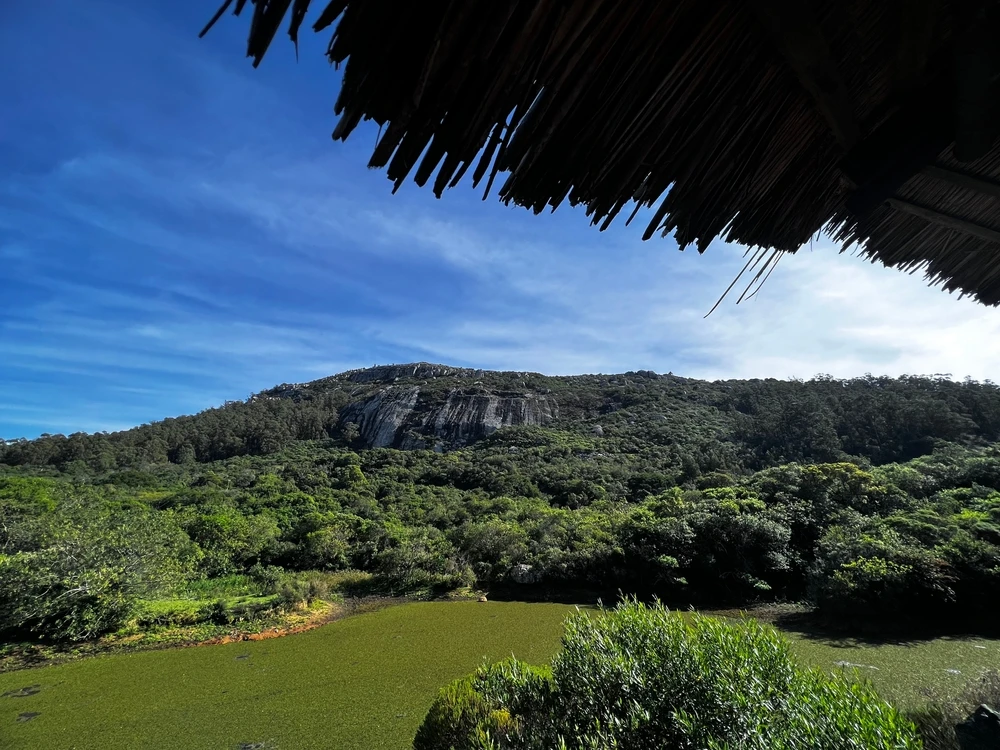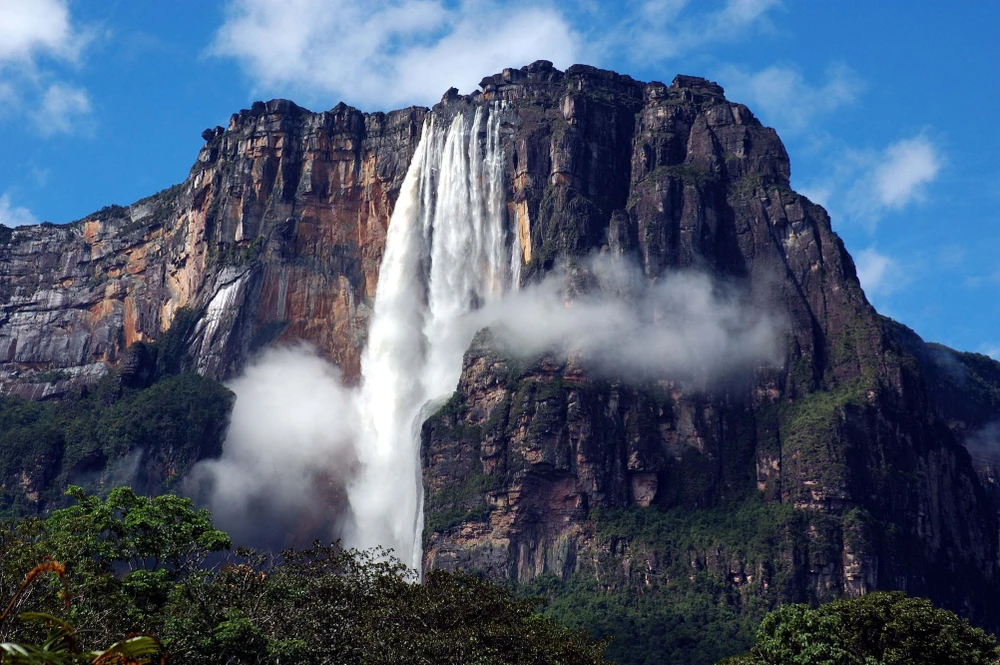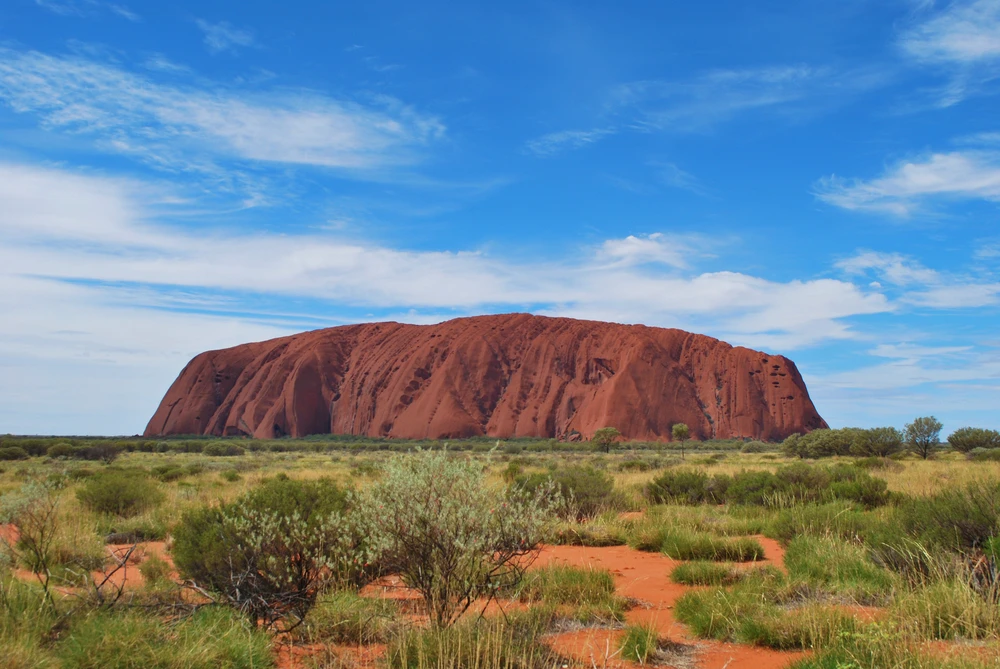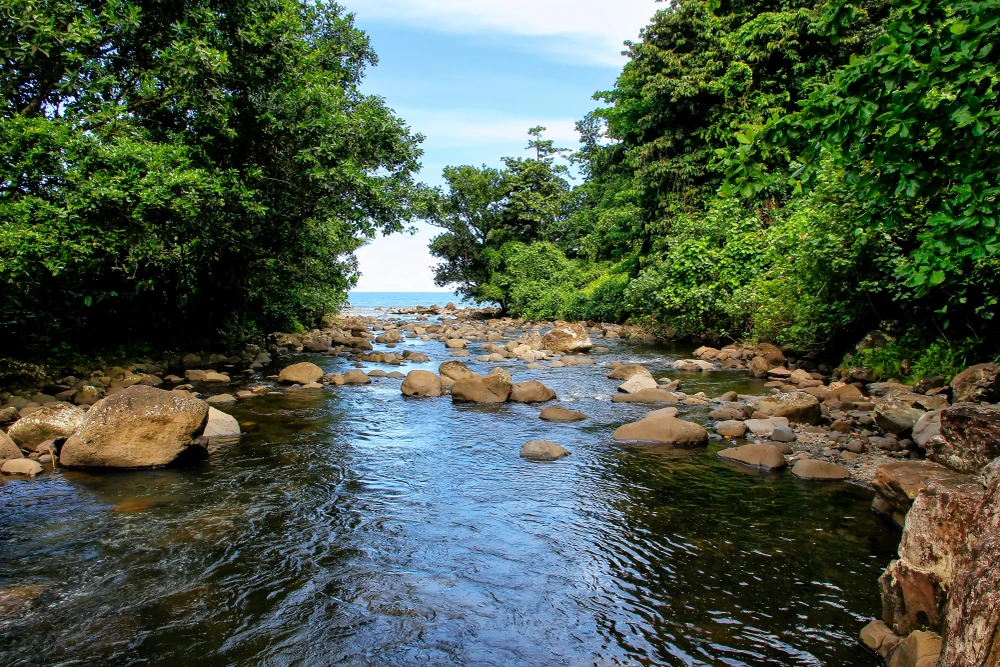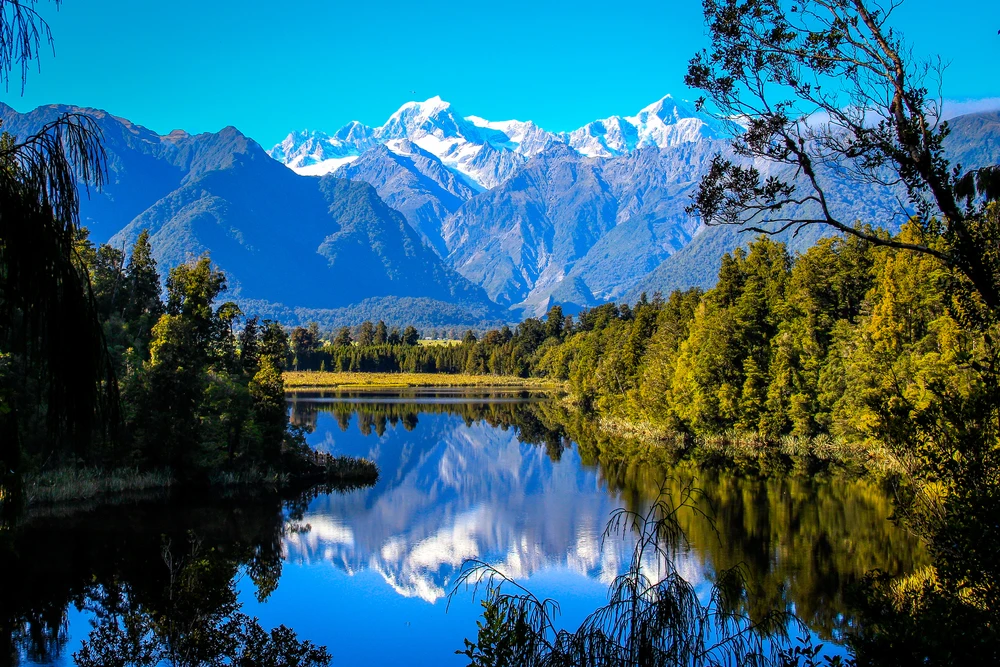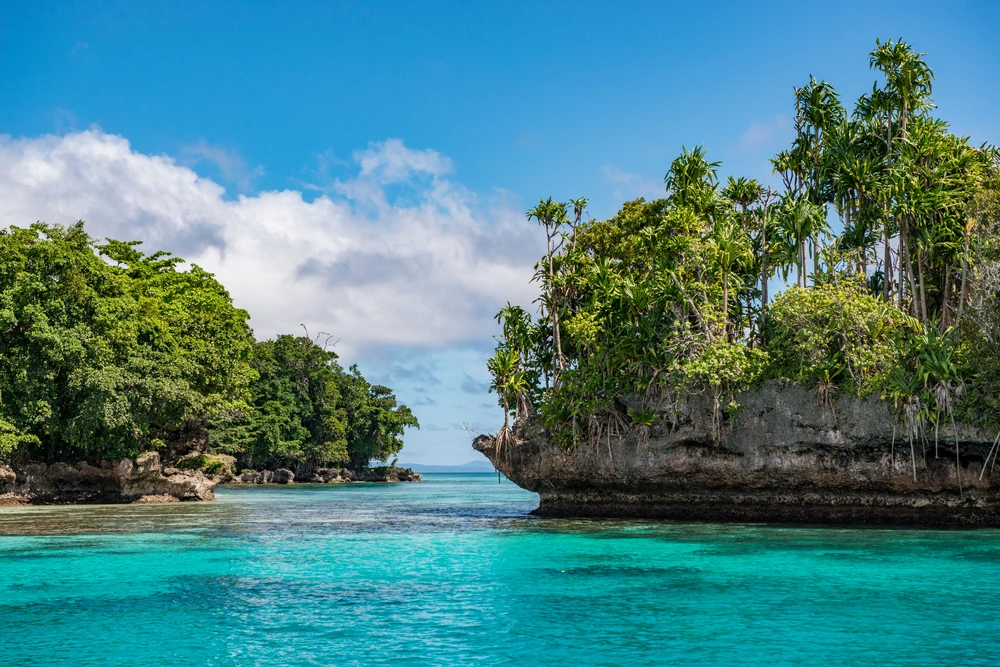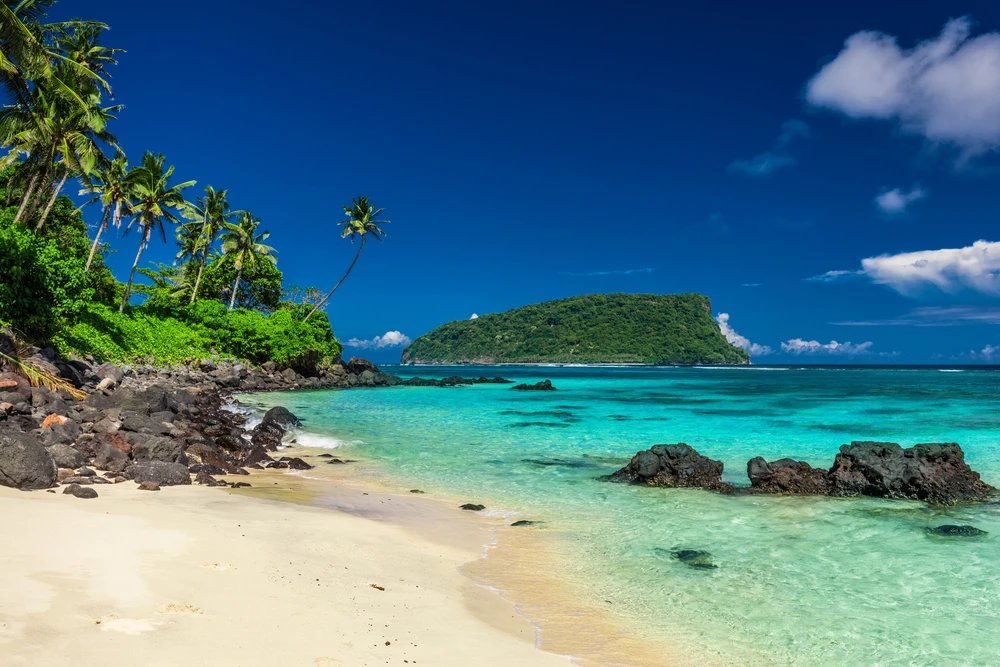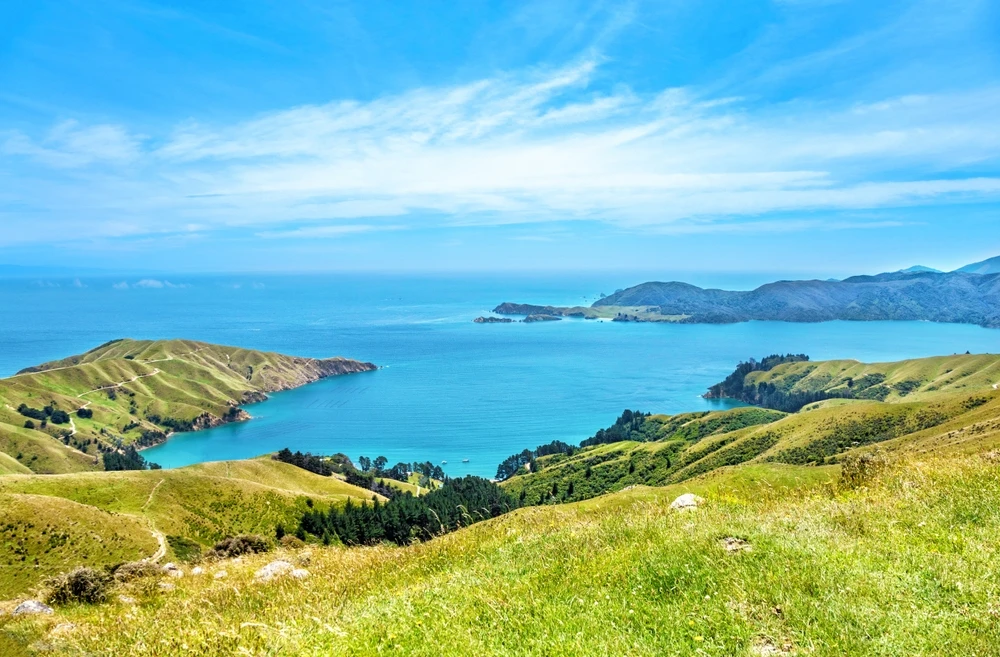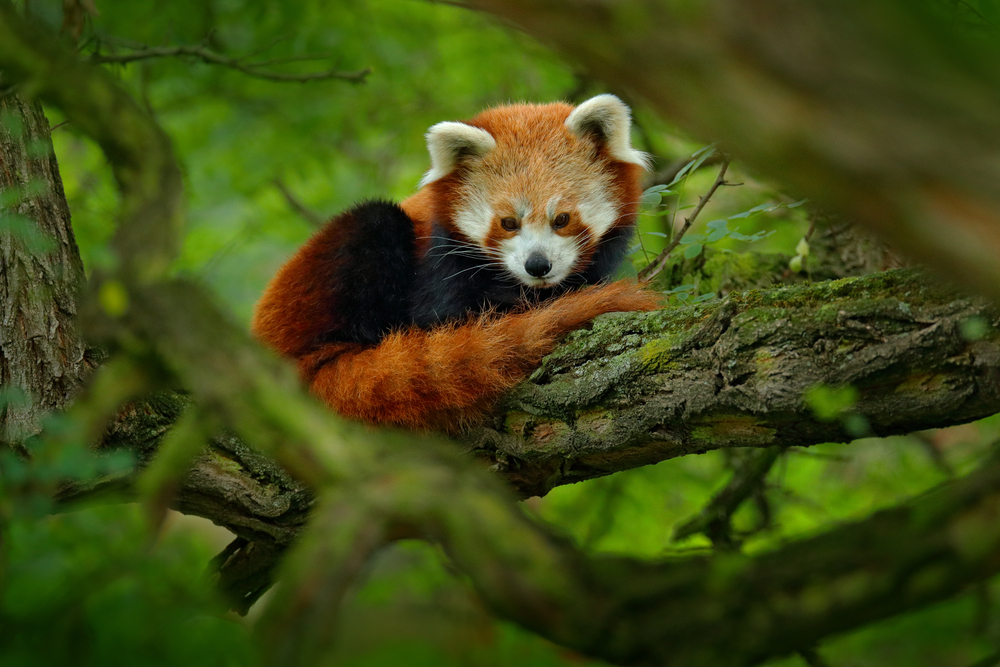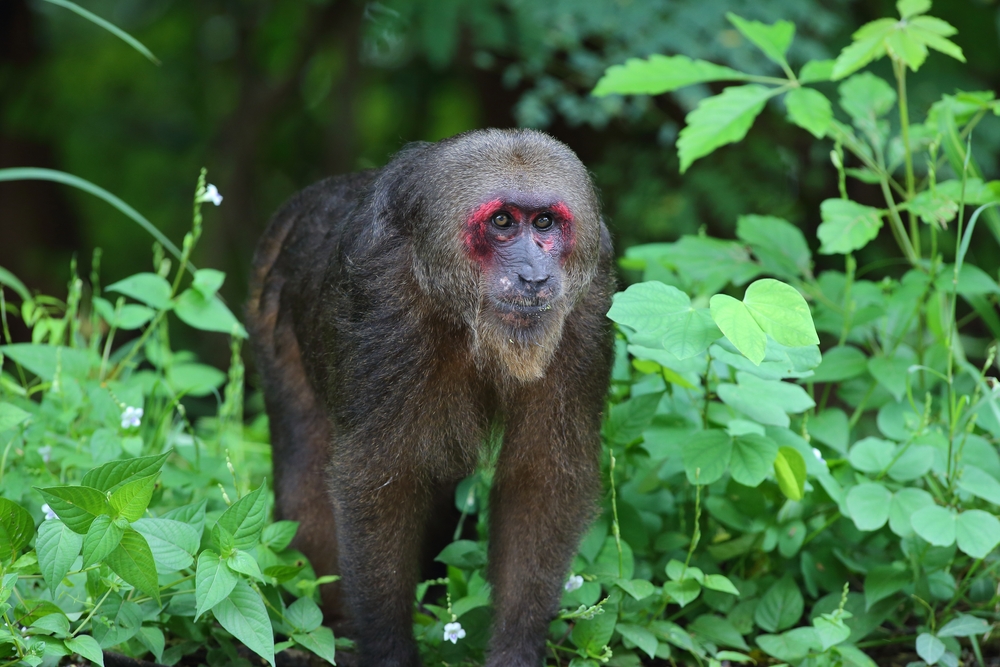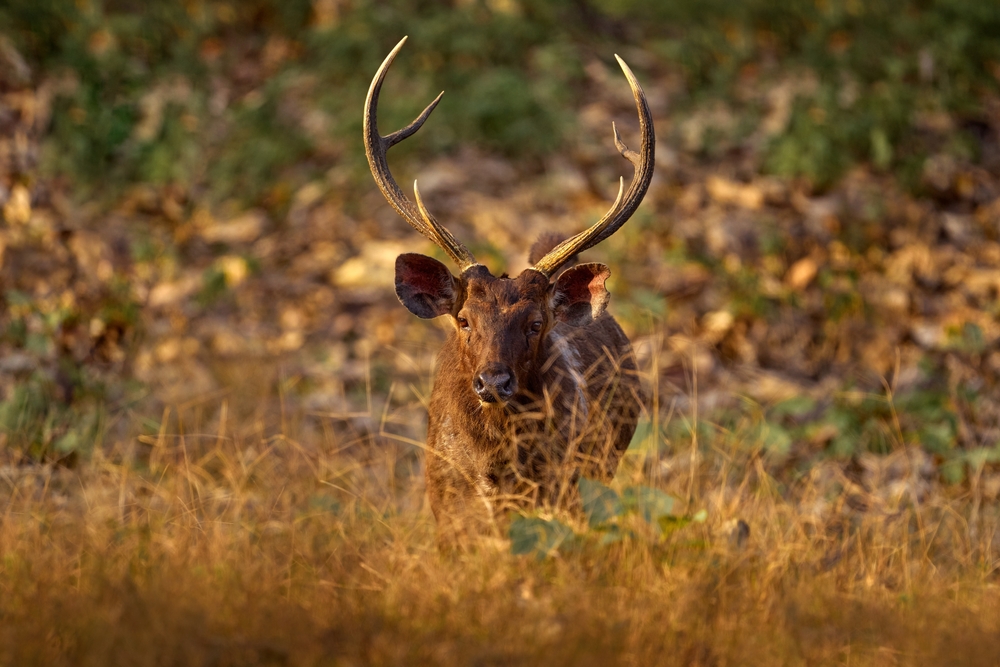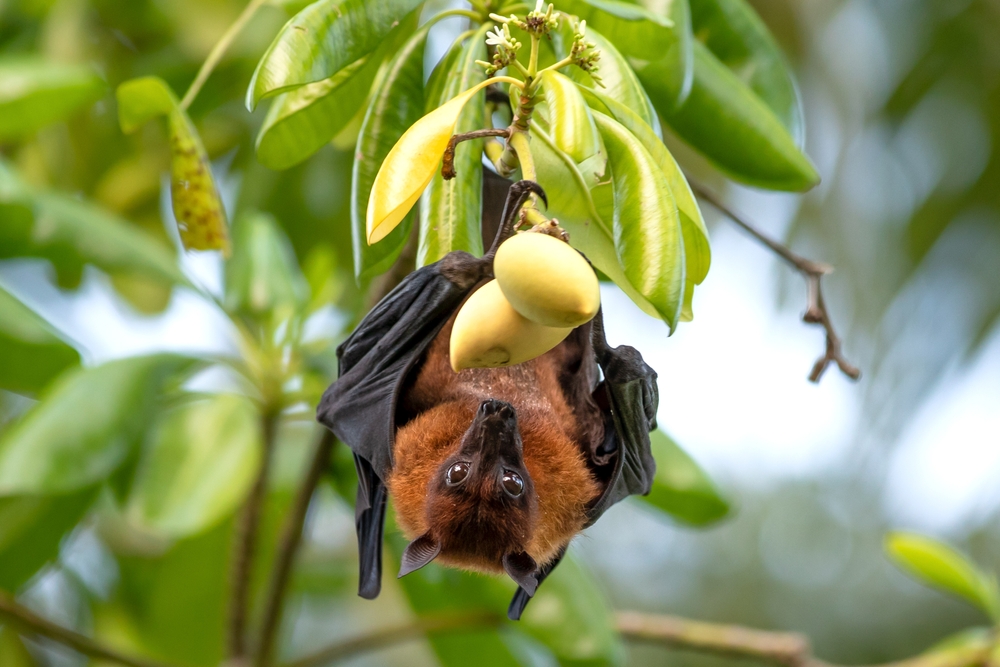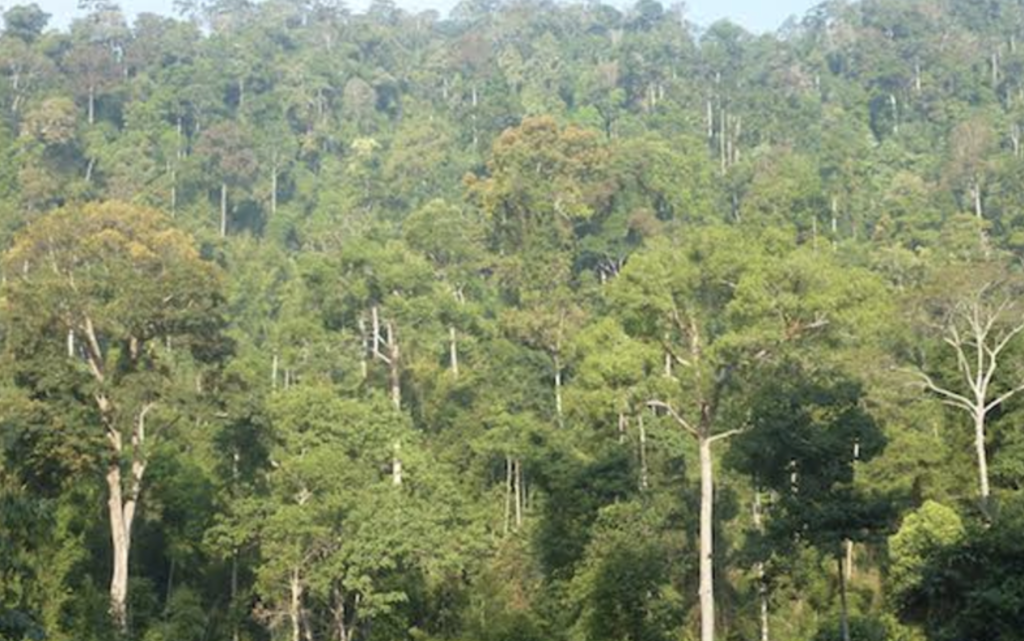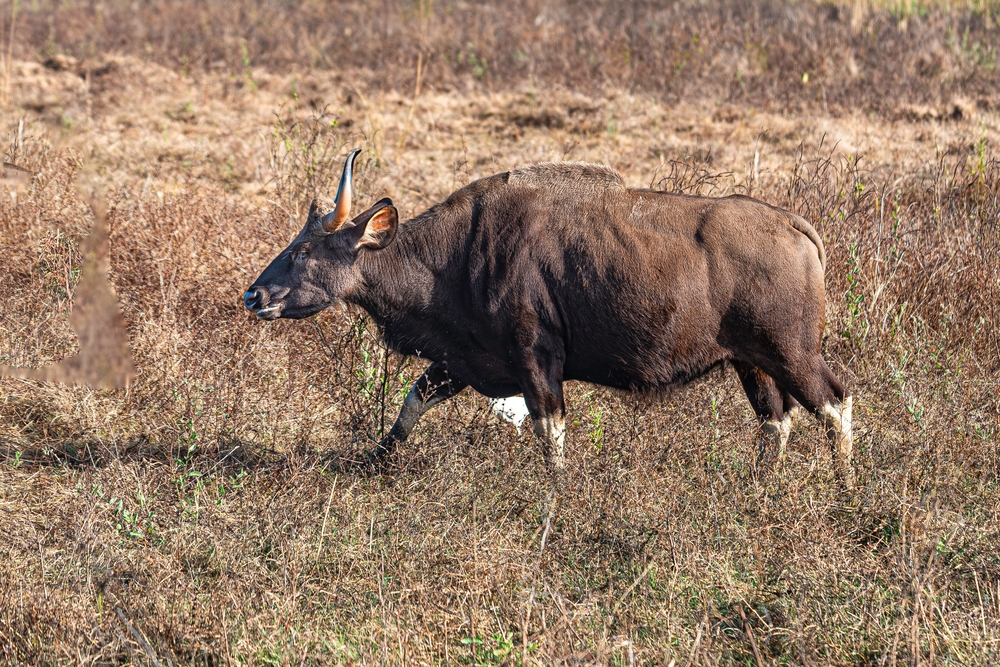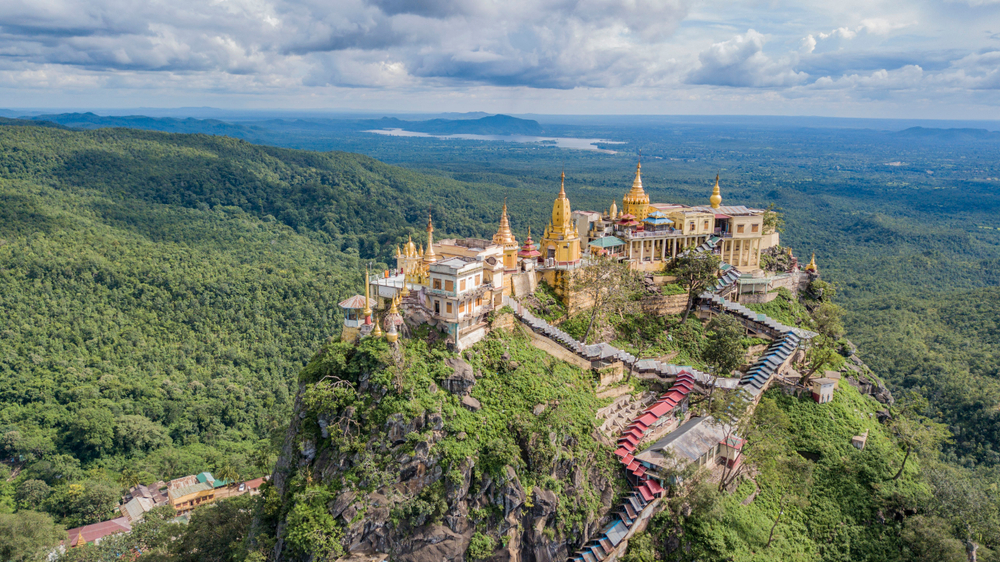Hkakaborazi s Overview
Hkakaborazi National Park, known locally as Hkakabo Razi, is a pristine and remote wilderness area located in the northernmost region of Myanmar (Burma) within the Kachin State. Spanning an impressive 1,472 square miles (3,811 square kilometers), it is one of Myanmar’s largest and most biodiverse protected areas.
The park is dominated by the towering Hkakabo Razi peak, which stands at 19,295 feet (5,881 meters) and is Southeast Asia’s highest mountain. Its rugged and dramatic terrain consists of dense forests, steep mountain ranges, and alpine meadows, making it an exceptional yet challenging destination for nature enthusiasts and adventurers.
The landscape of Hkakaborazi National Park transitions through several ecological zones. In the lower elevations, visitors encounter subtropical rainforests filled with towering dipterocarp trees, lush bamboo groves, and a vibrant undergrowth teeming with life. As the altitude rises, the vegetation changes to montane forests rich with rhododendrons, oaks, and pine trees.
At its highest reaches, the terrain gives way to alpine meadows and icy glaciers, offering stark, breathtaking beauty. The park is also home to numerous rivers and streams fed by glacial melt, which meander through gorges and create stunning waterfalls in certain areas.
Hkakaborazi is a haven for wildlife and houses an extraordinary array of fauna, some of which are extremely rare or even endangered. Mammals like red pandas, Asiatic black bears, clouded leopards, and takins roam the forests, while primates such as gibbons are also commonly found.
The birdlife is equally impressive, with species like the Himalayan monal, Ward’s trogon, and a variety of pheasants adding vibrant colors to the park. These species thrive in part due to the park’s isolation, which has shielded them from the pressures of urbanization and habitat destruction.
The park is renowned for its unspoiled wilderness and offers opportunities for adventurous activities such as trekking, mountaineering, and birdwatching. The trek to Hkakabo Razi’s summit is considered one of the most demanding in the world, requiring significant expertise and preparation. The park also draws researchers and naturalists eager to study its unique biodiversity. Although access to the park is limited and requires special permissions due to its remote location and environmental sensitivity, those who manage to explore it are rewarded with a sense of untouched natural wonder.
Conservation challenges in Hkakaborazi National Park include illegal logging, hunting, and the pressures of climate change, which threaten its fragile ecosystems. However, significant successes have been achieved through the collaborative efforts of local communities, government agencies, and international organizations. Conservation programs focus on preserving biodiversity, promoting sustainable tourism, and engaging indigenous groups in environmental stewardship. These initiatives are vital to safeguarding the park’s unique landscapes and wildlife for future generations.

